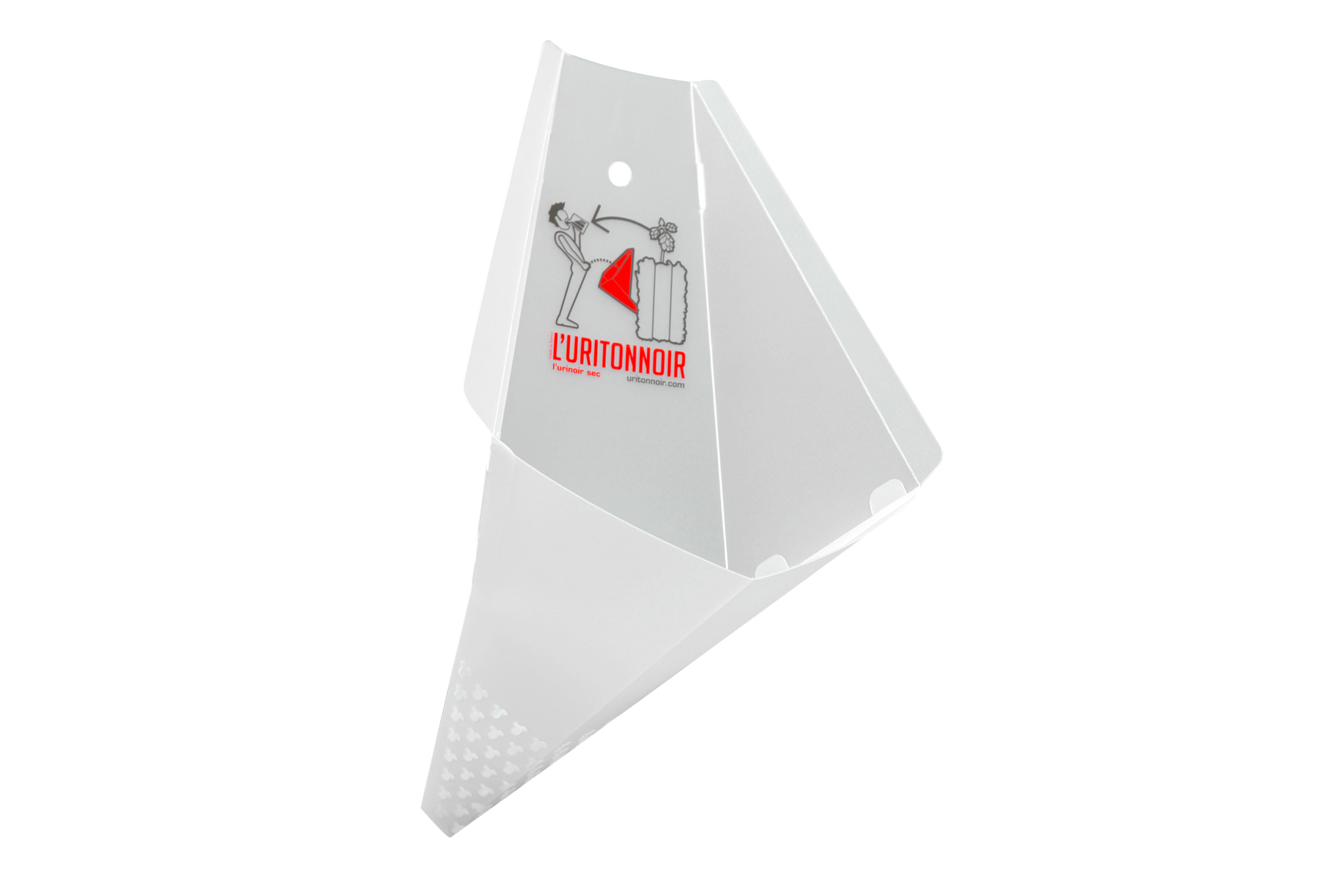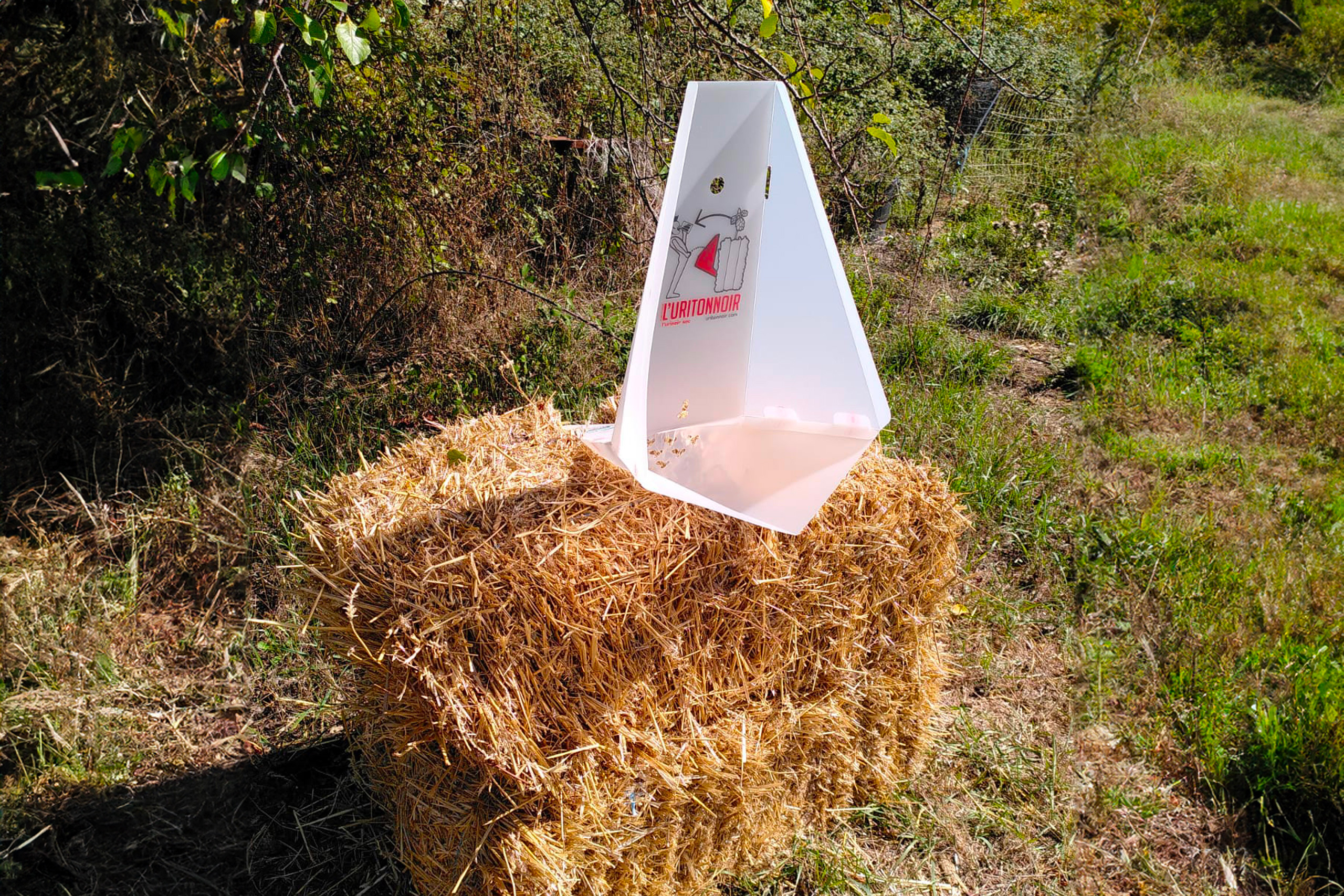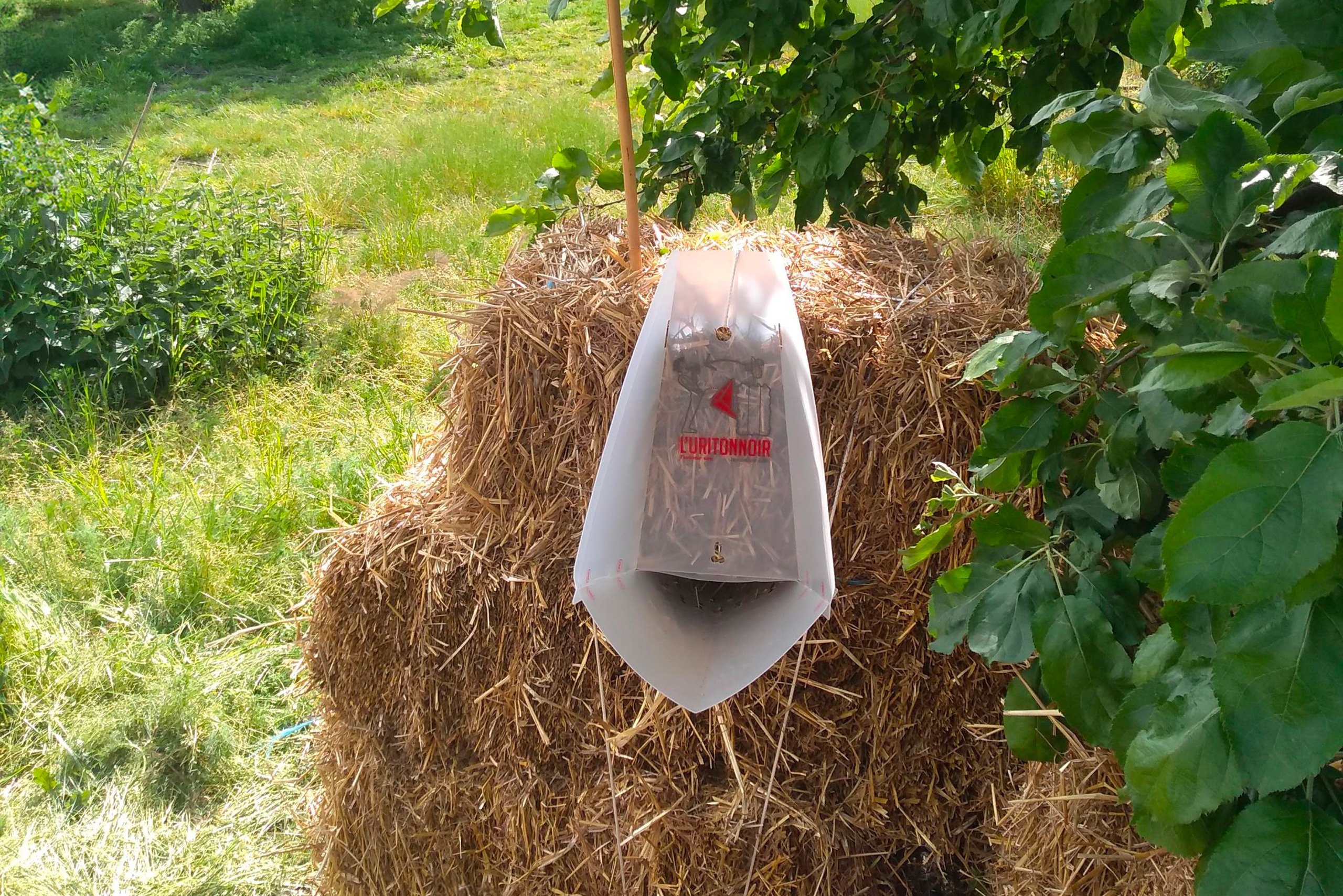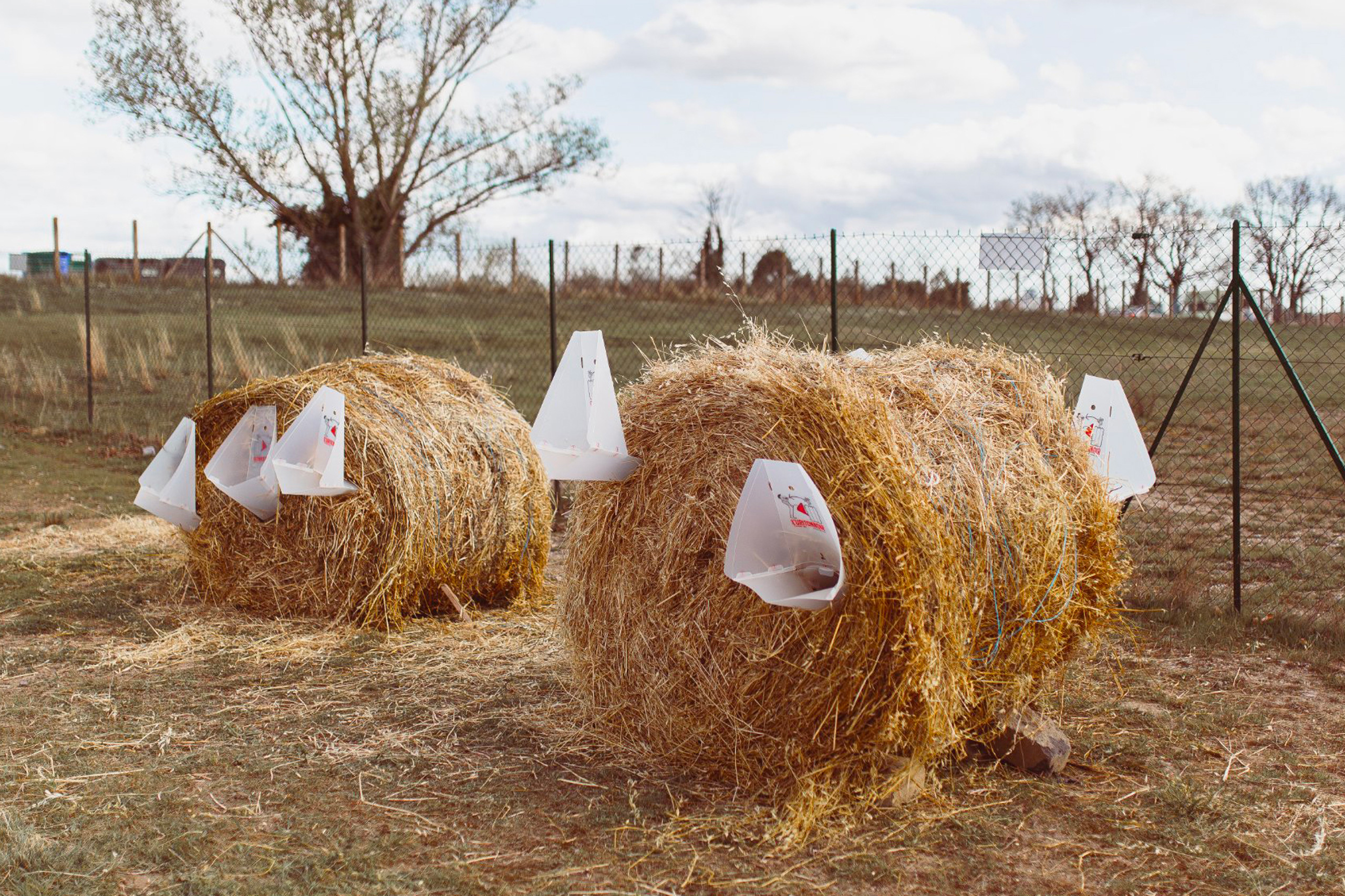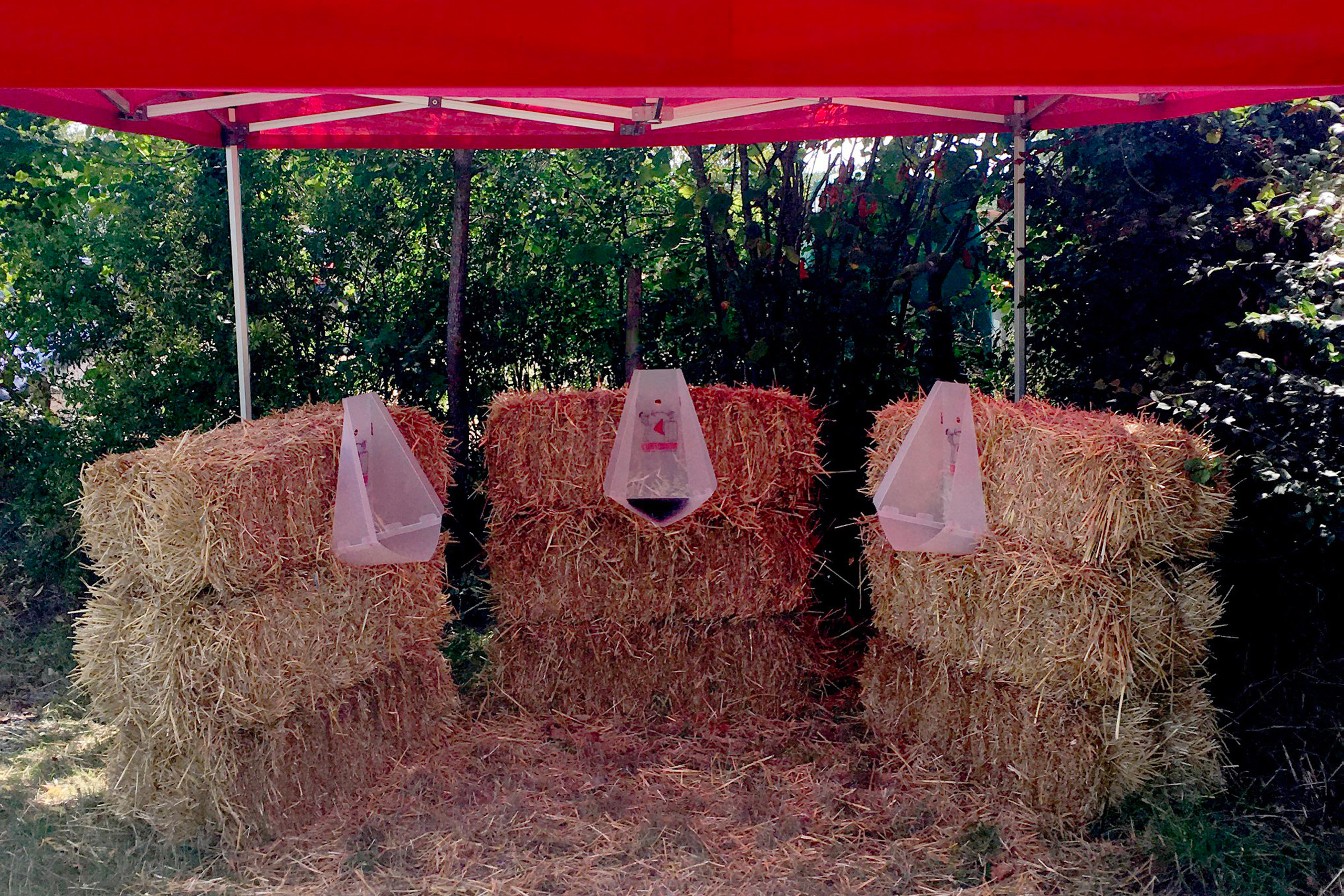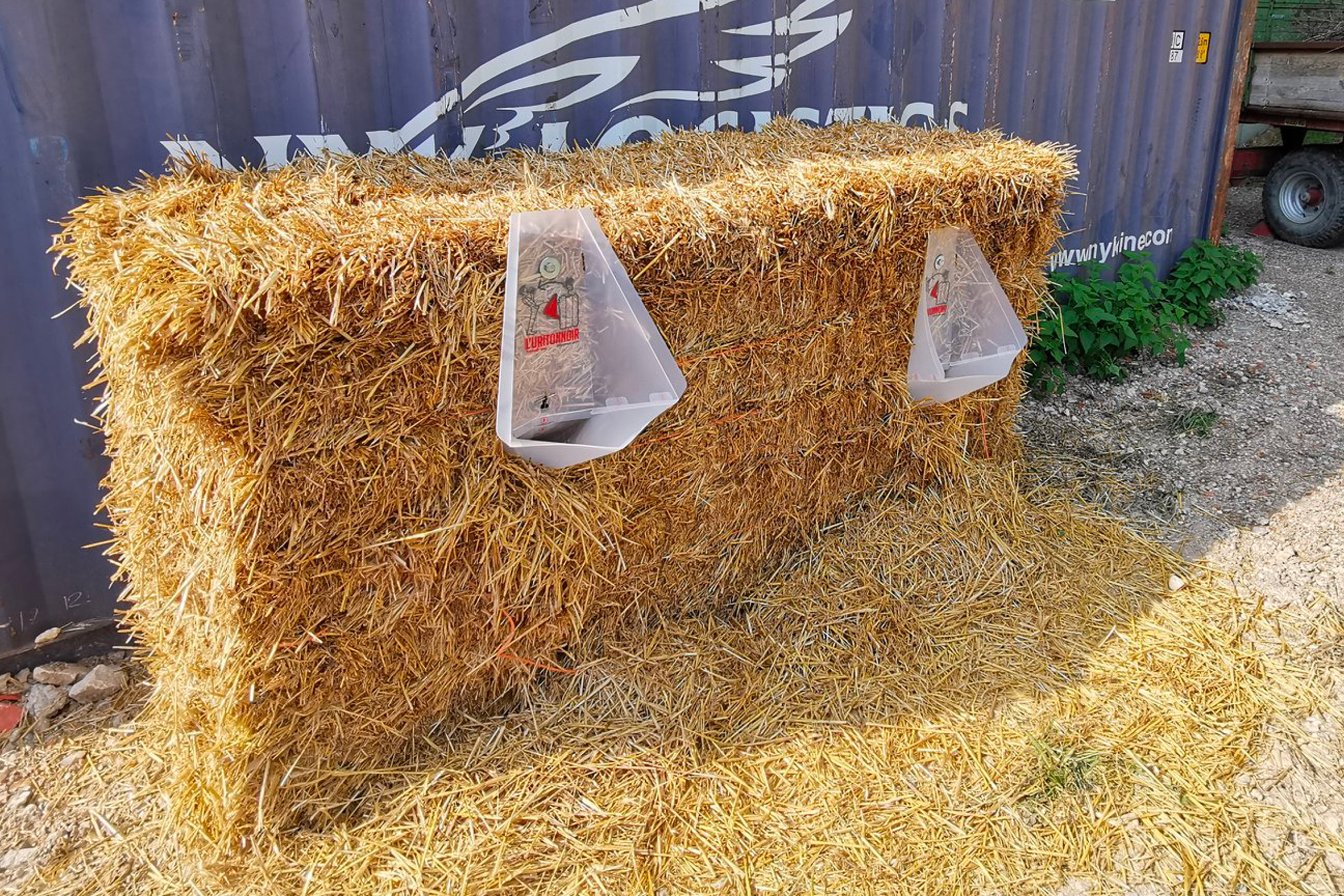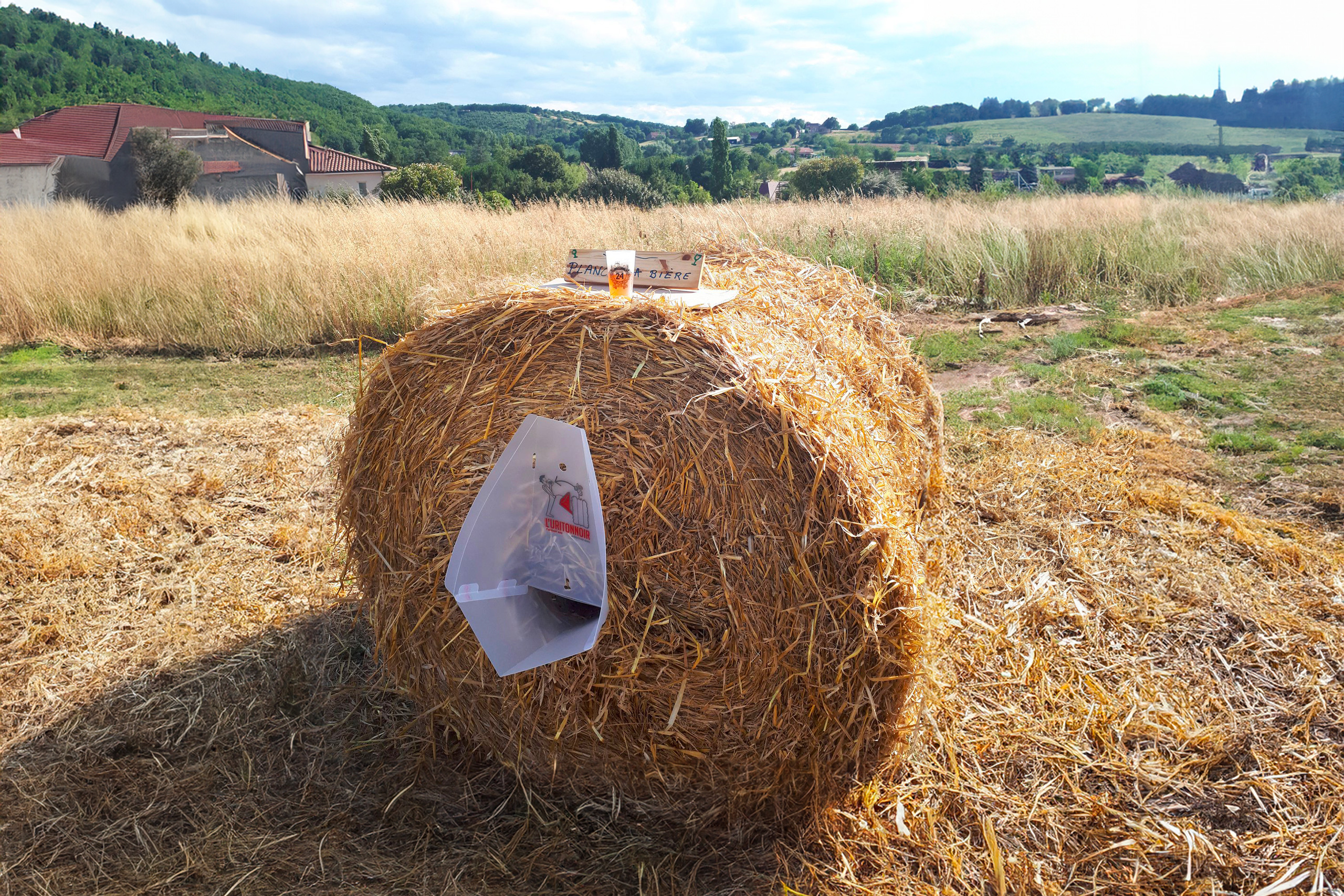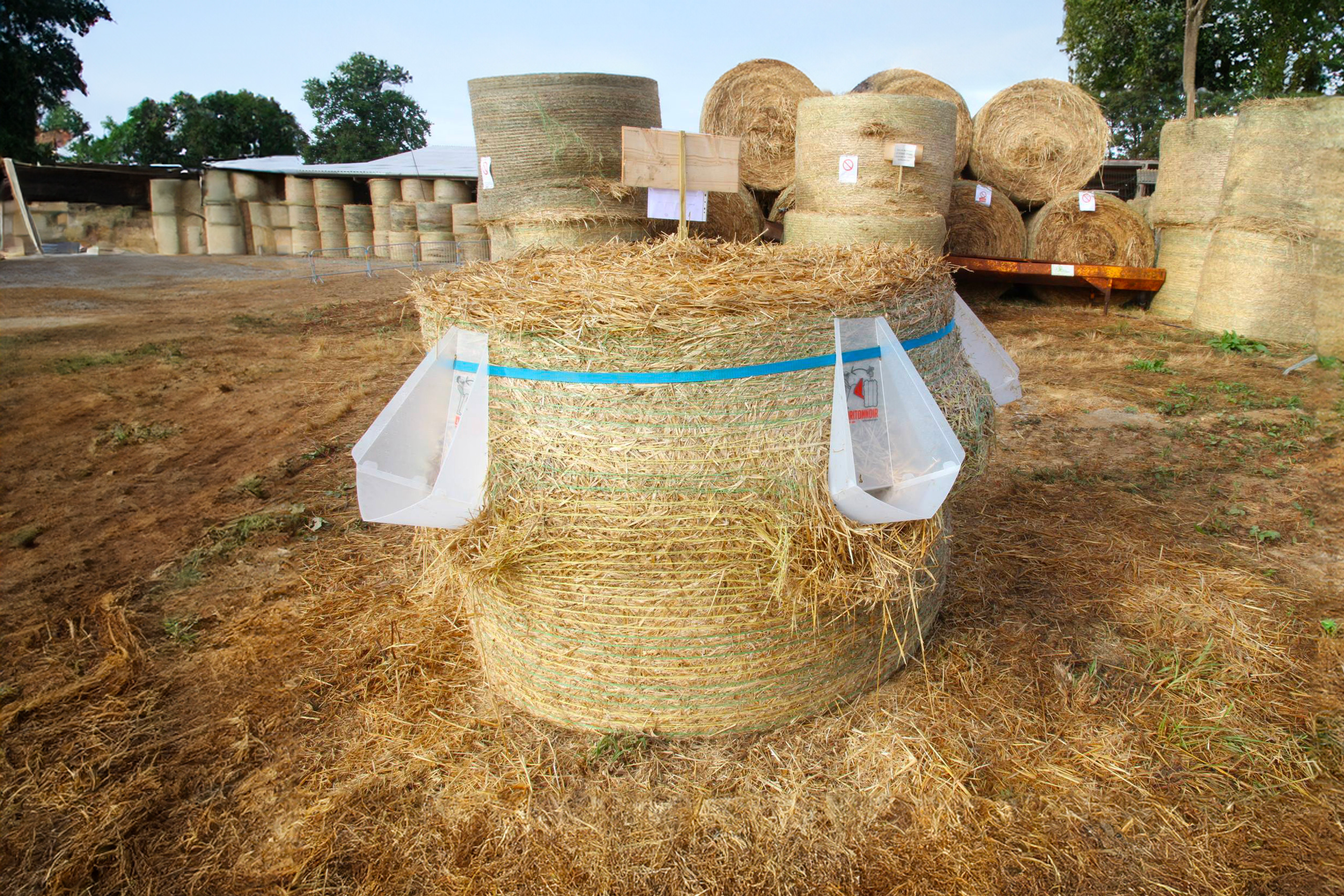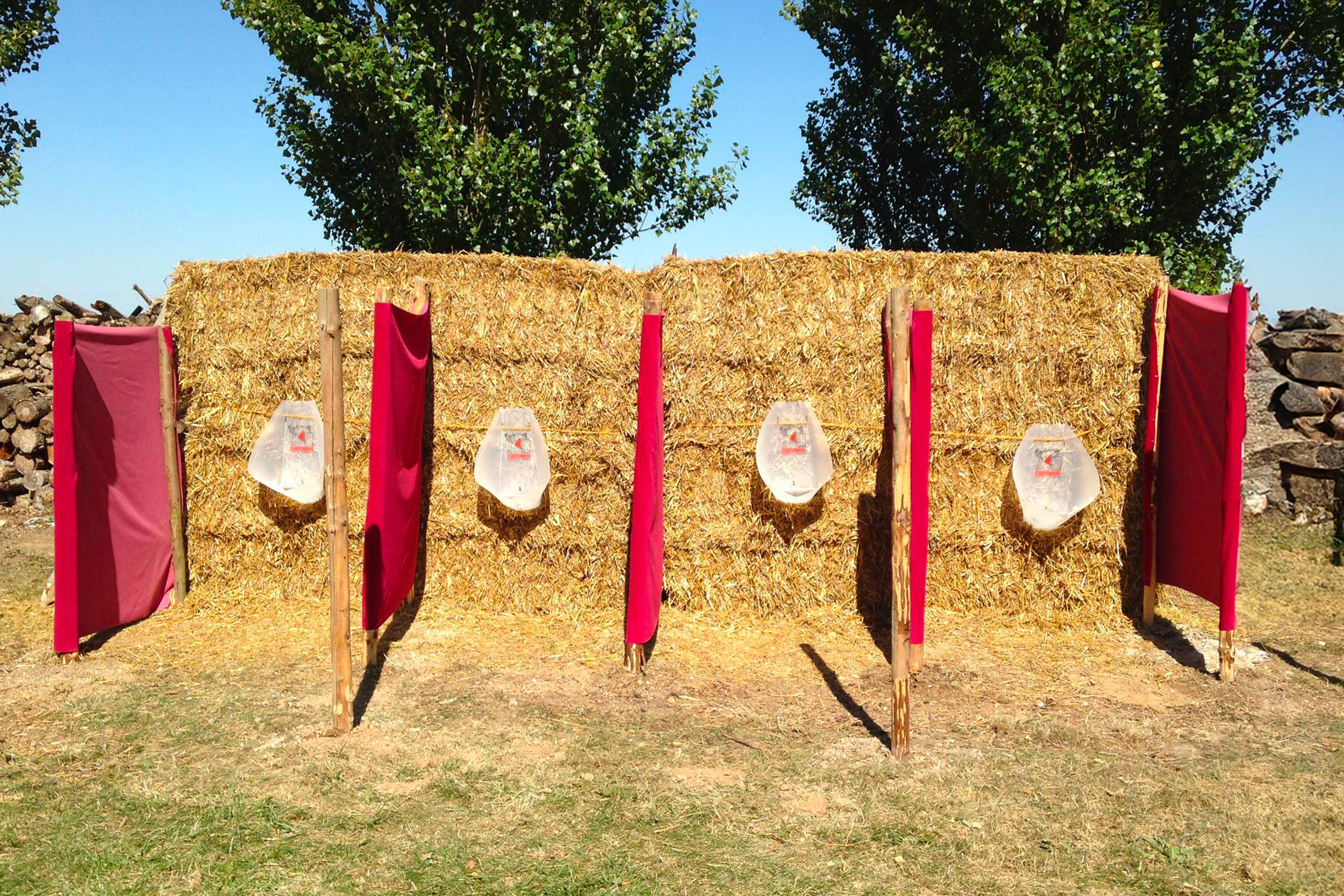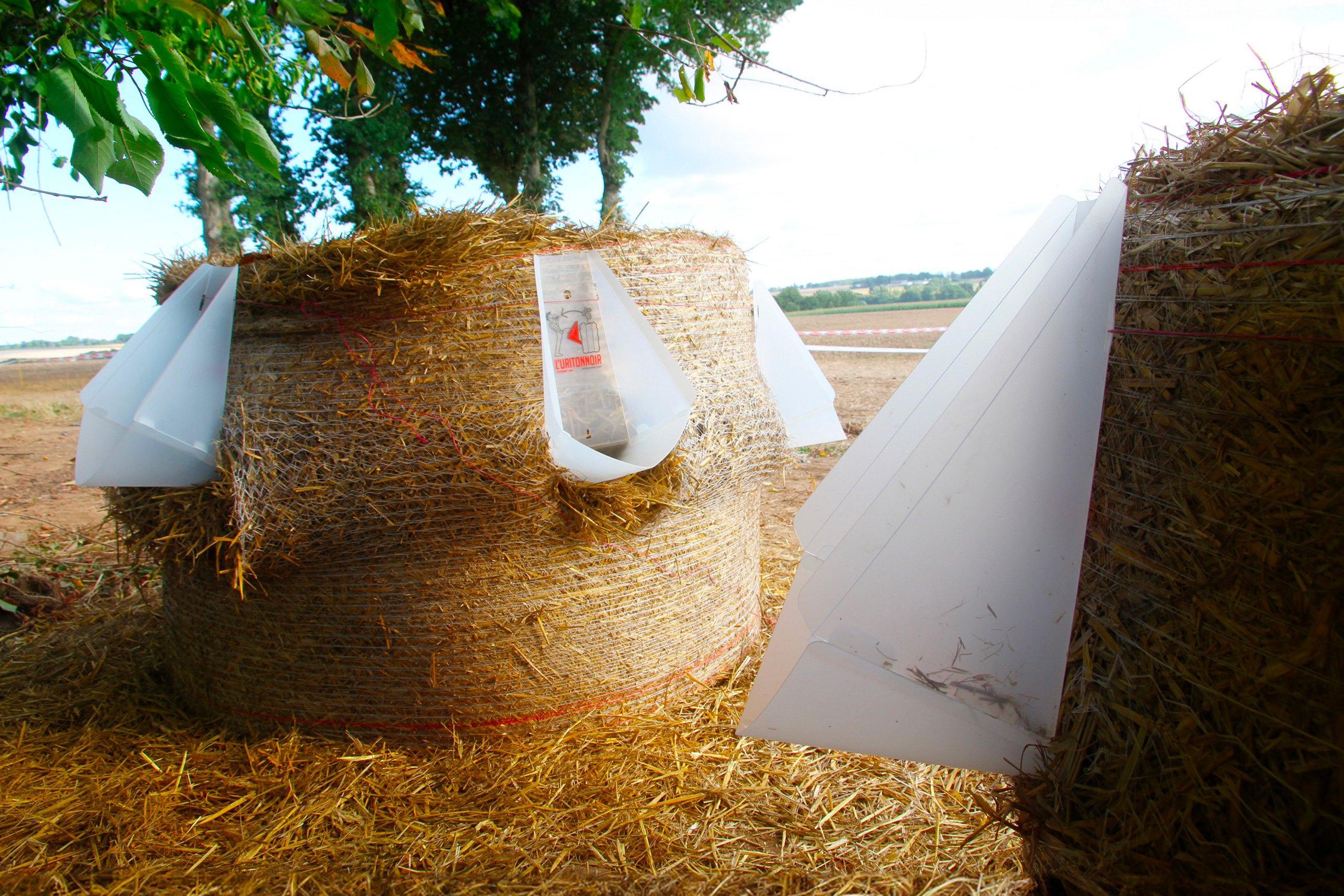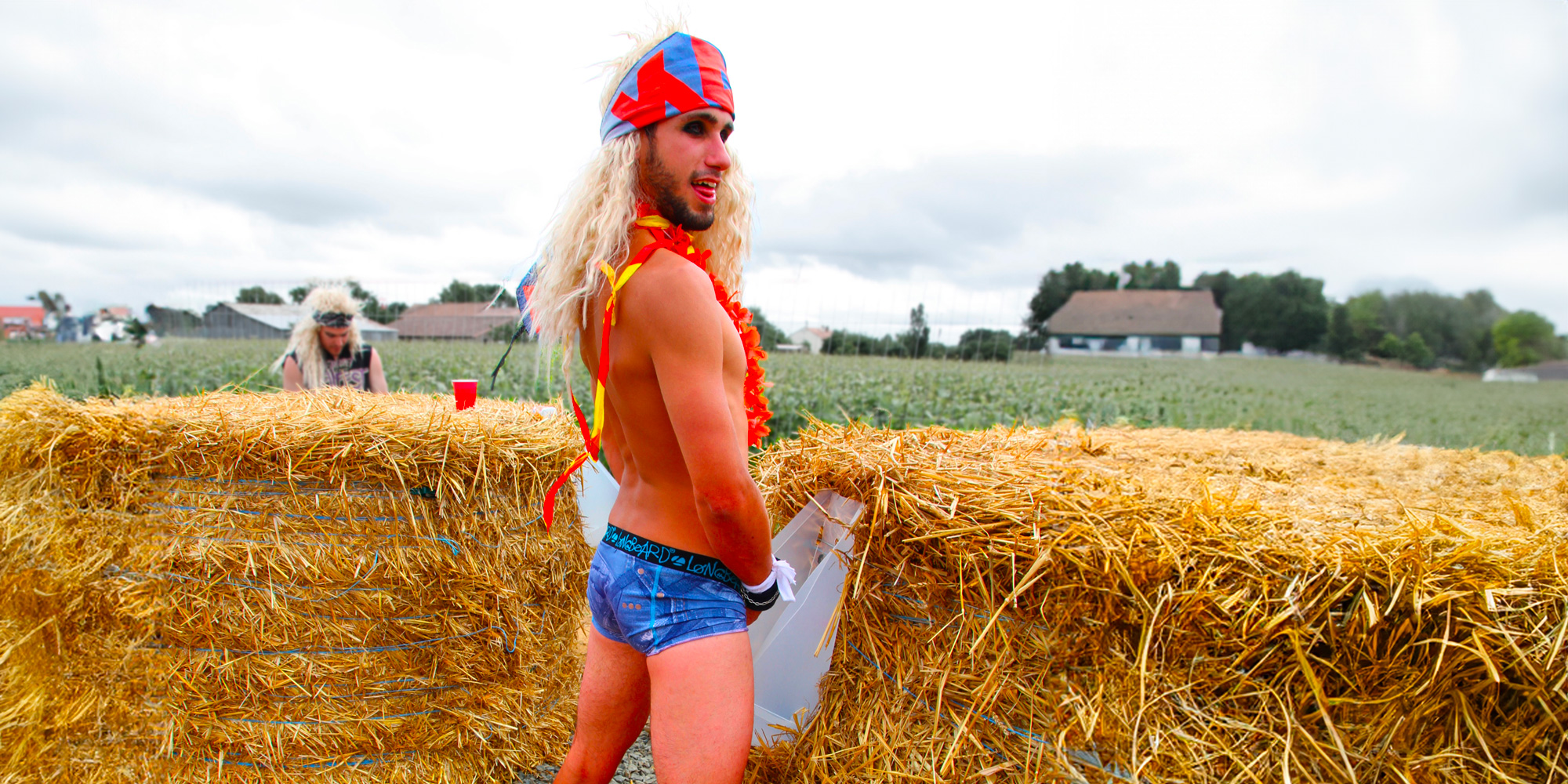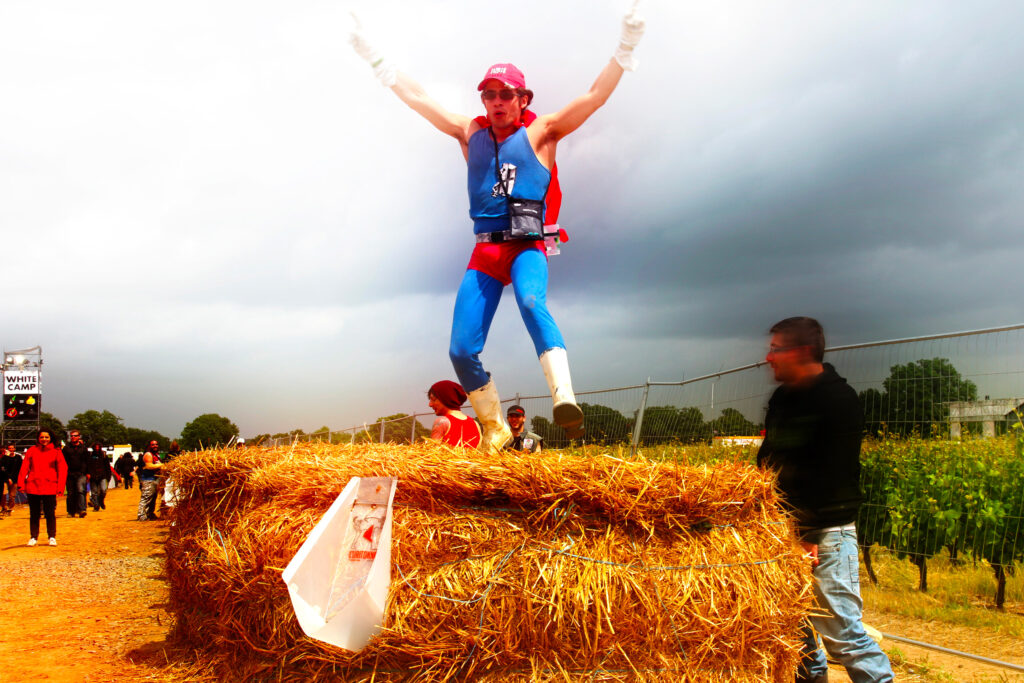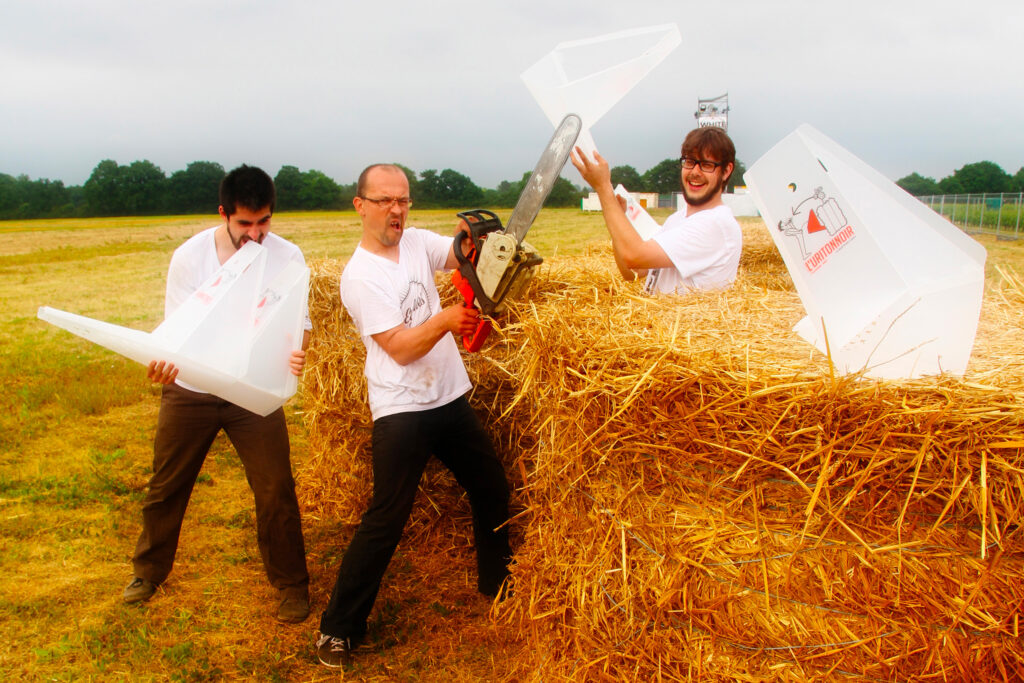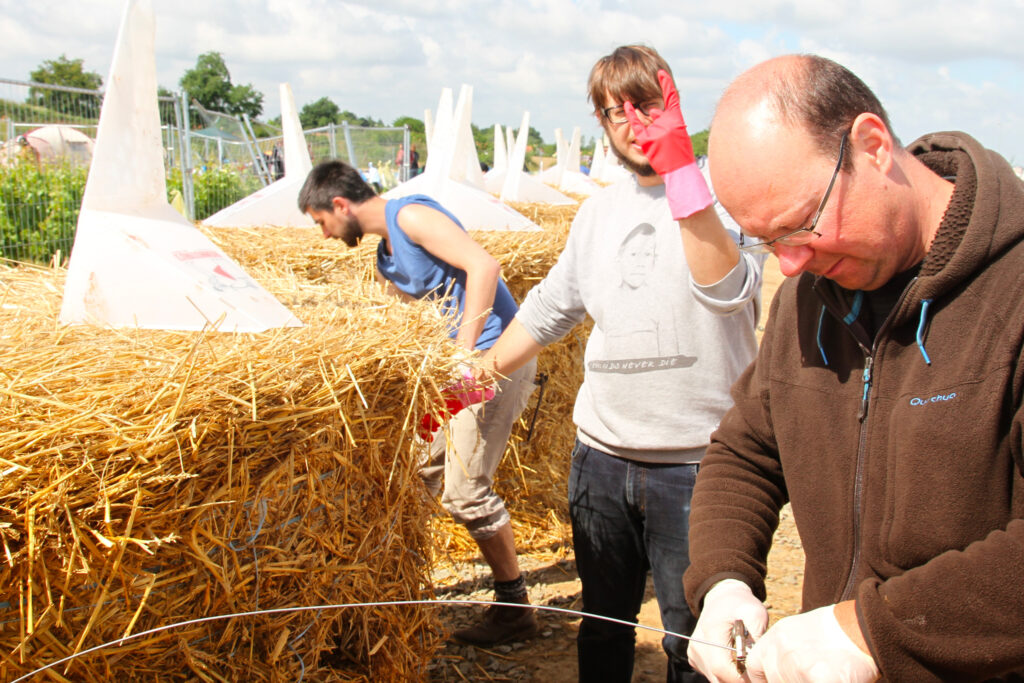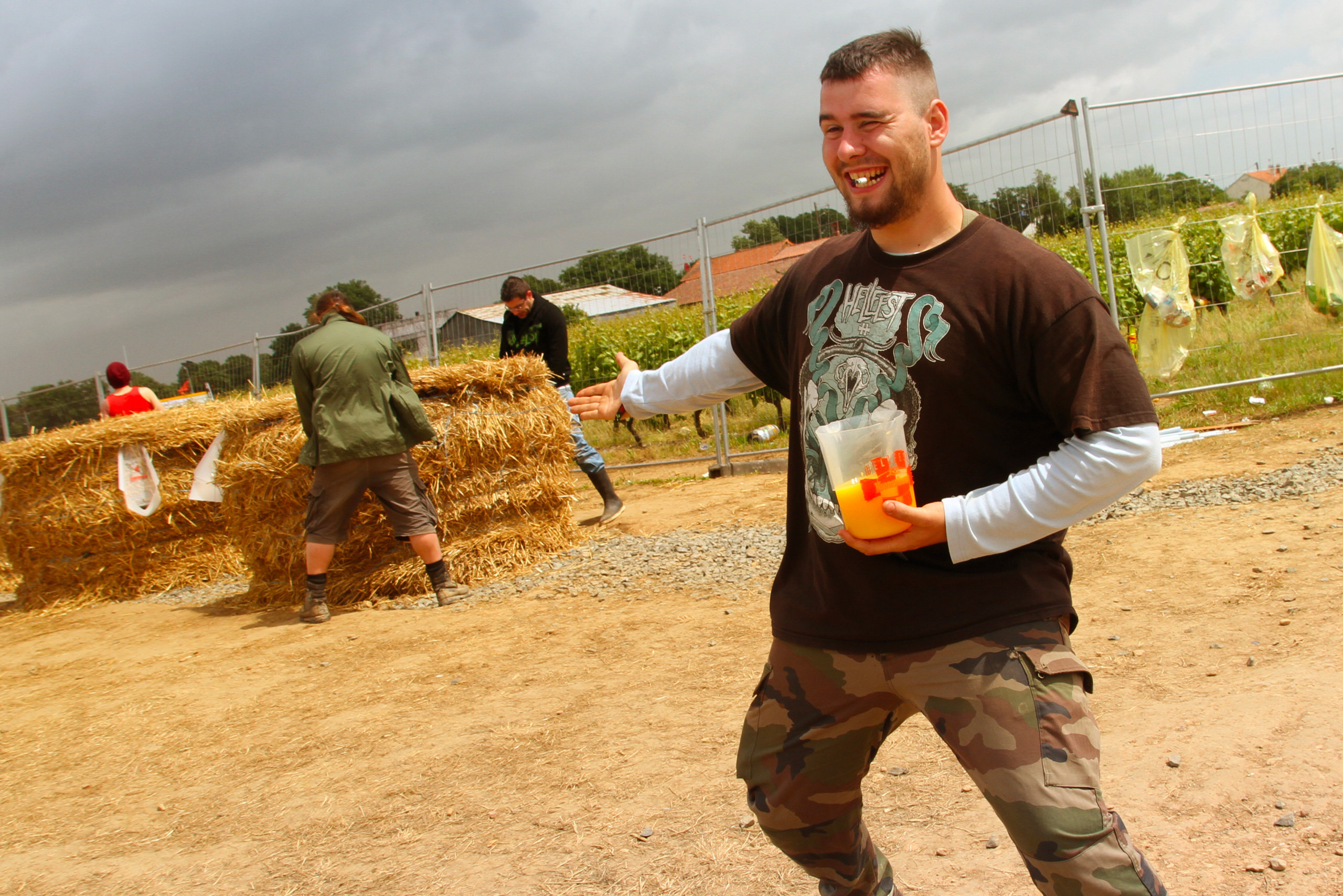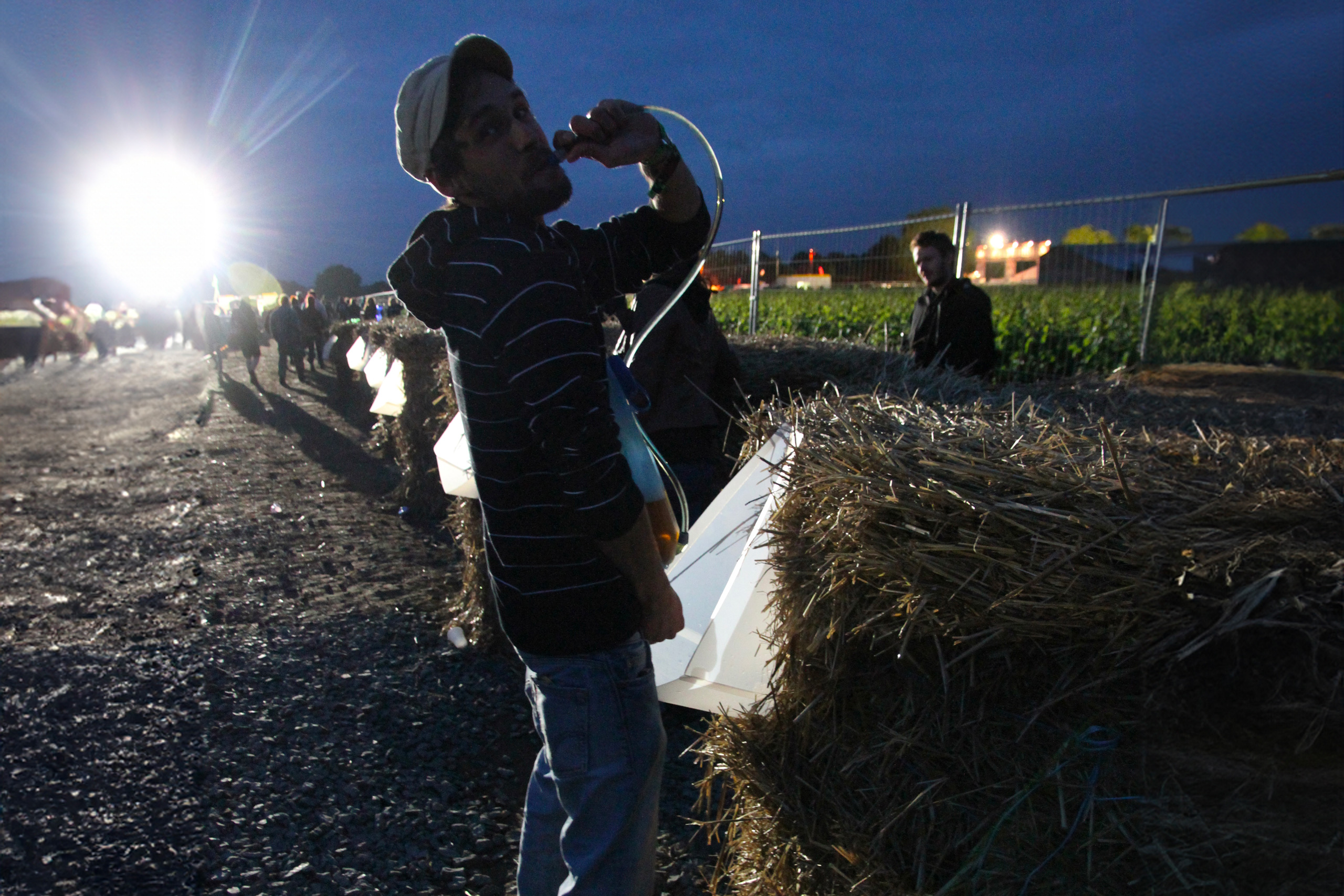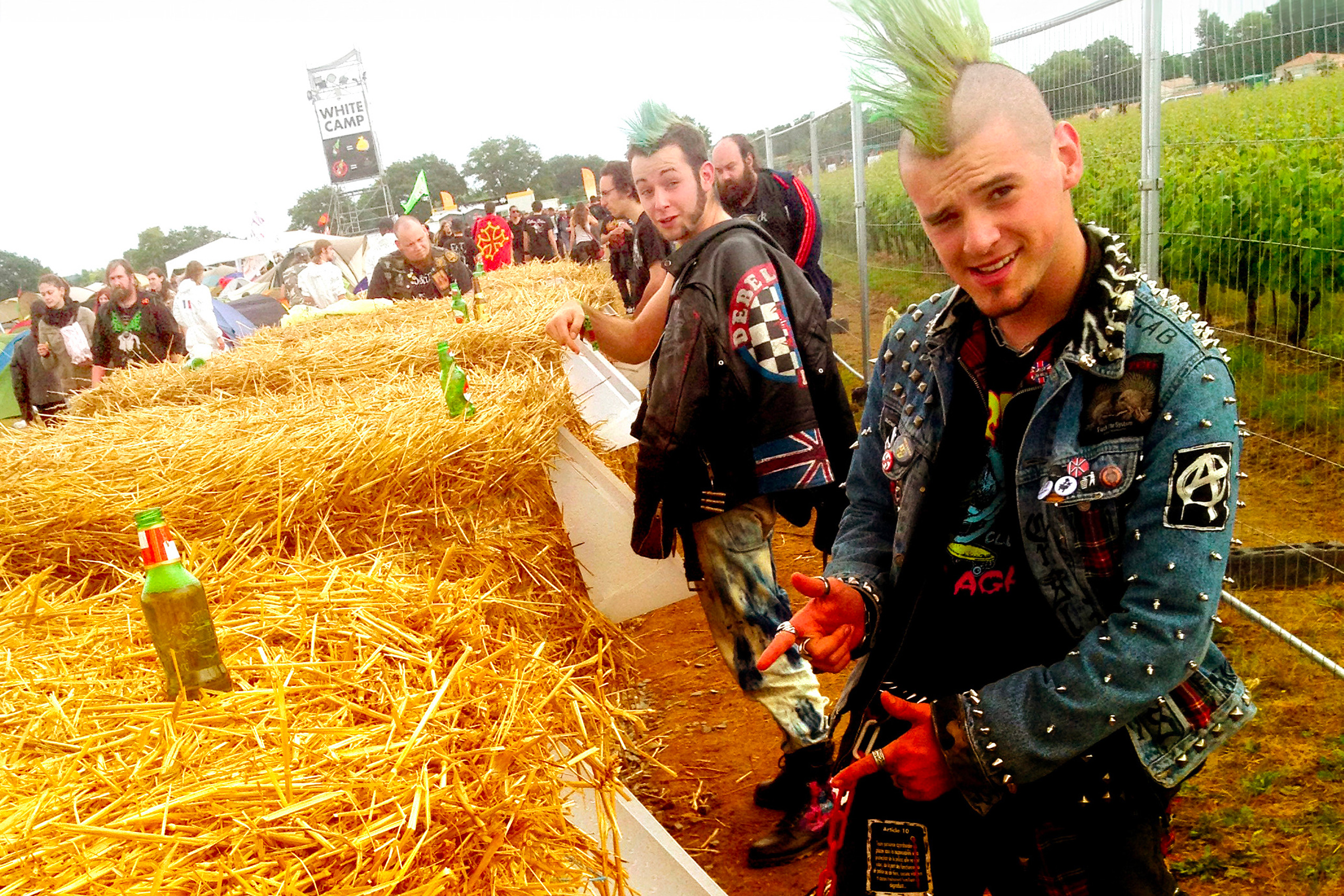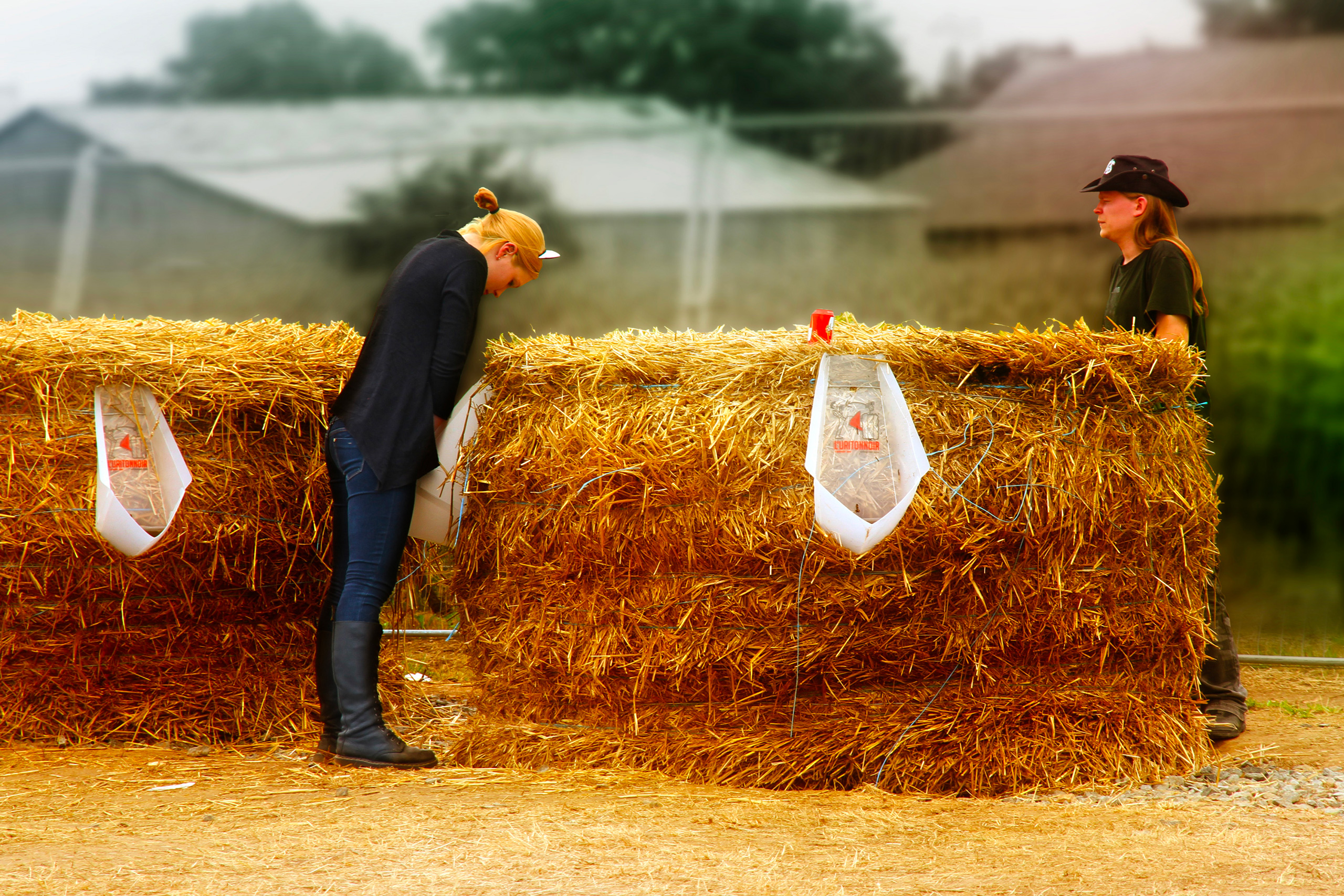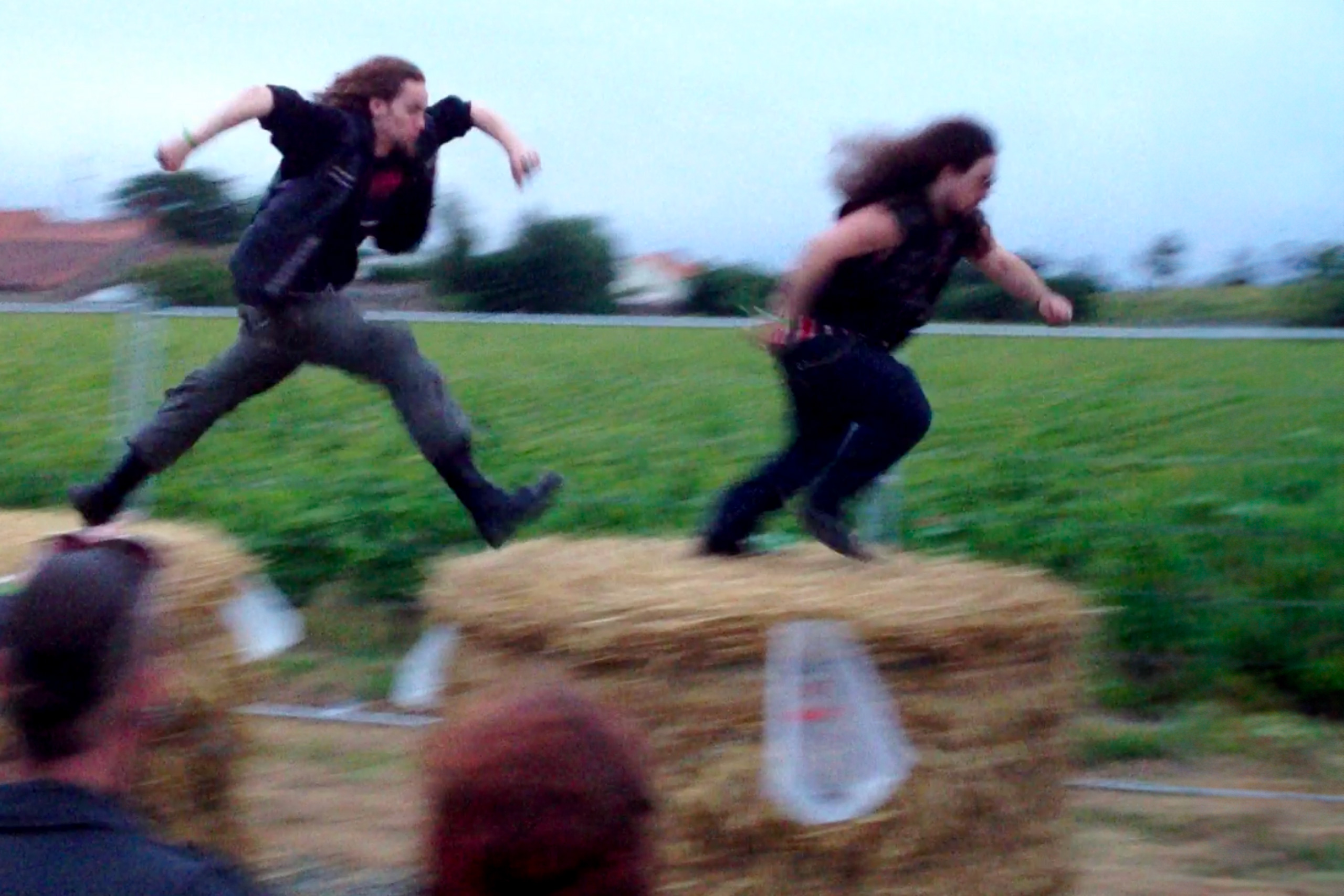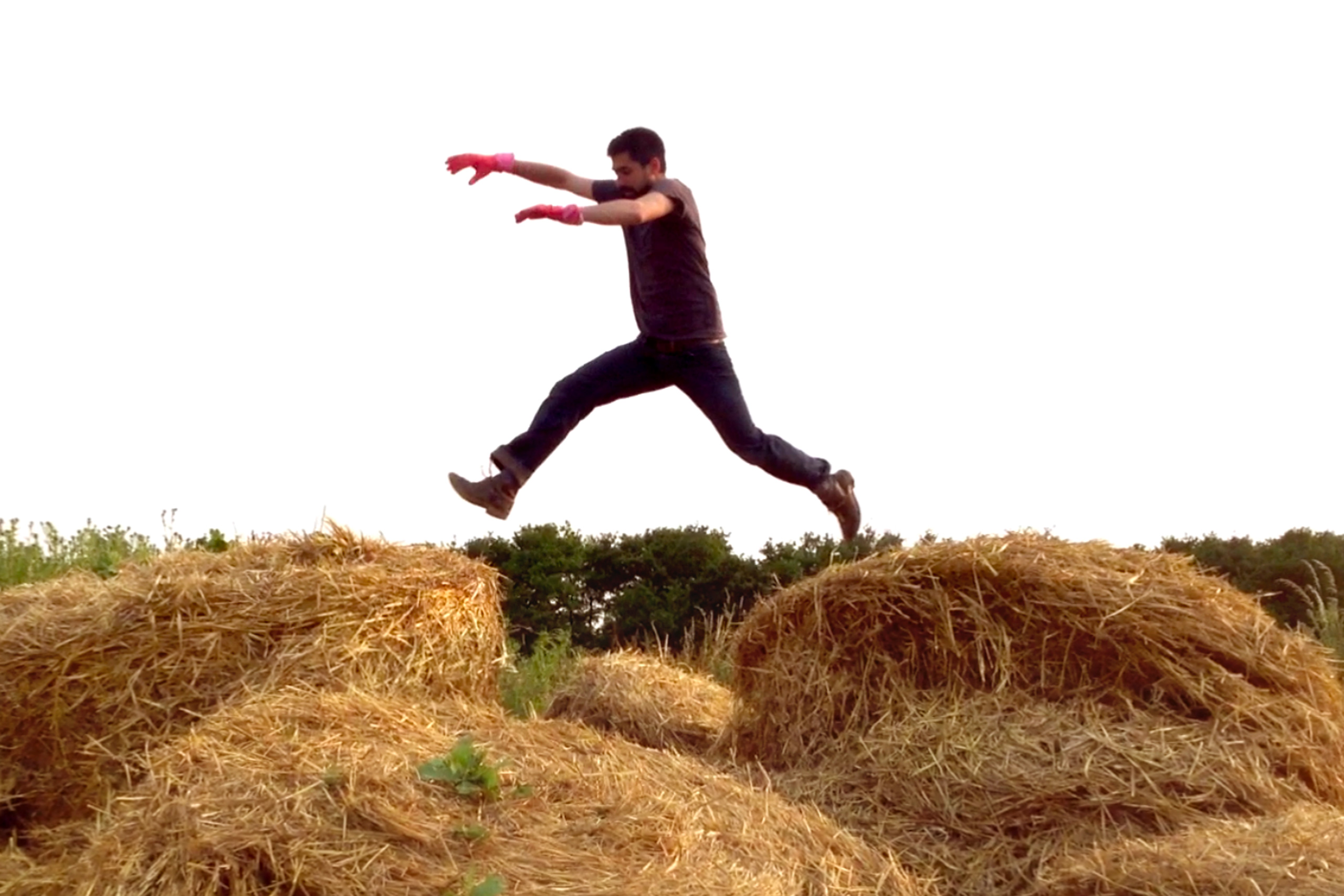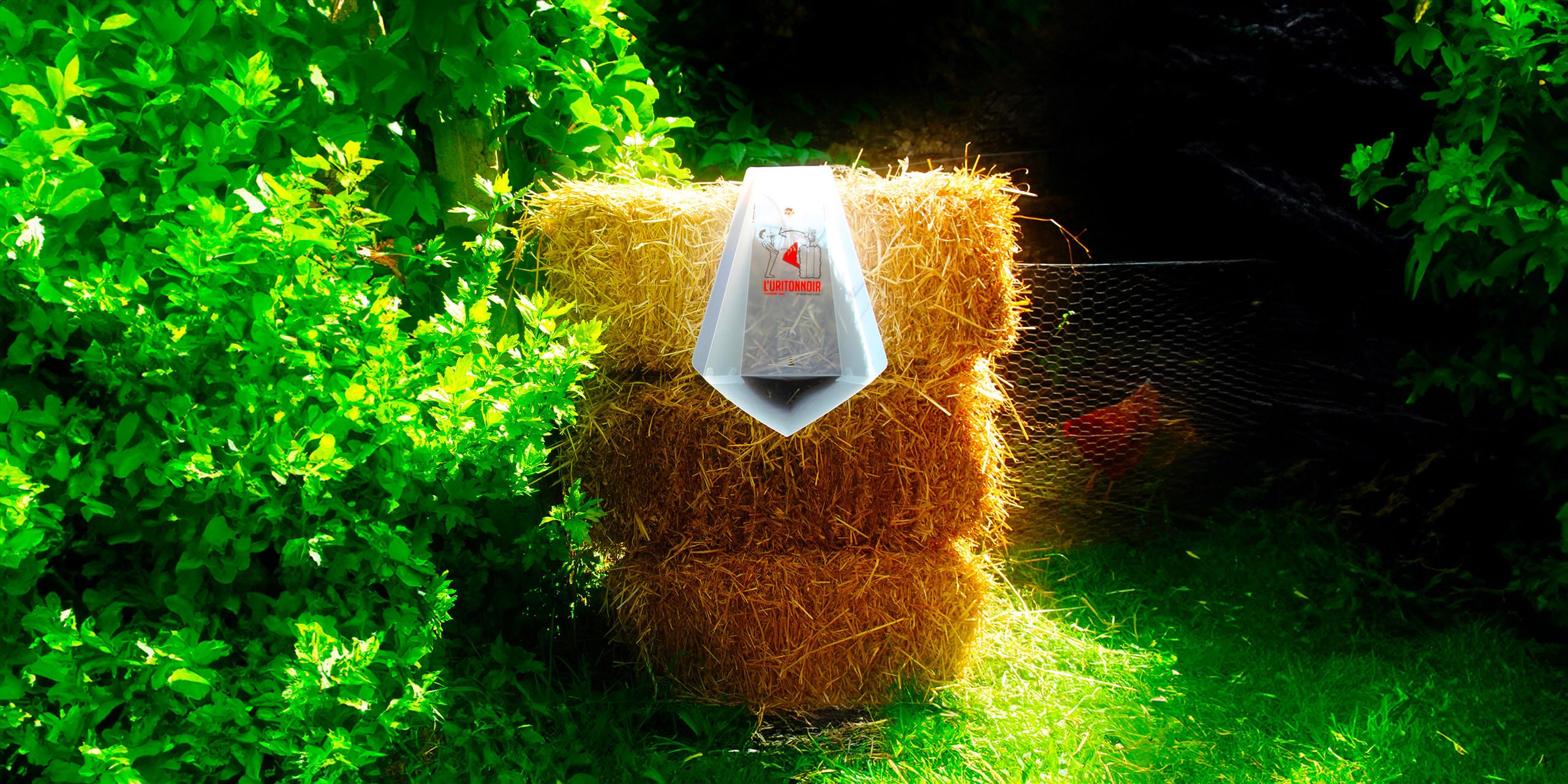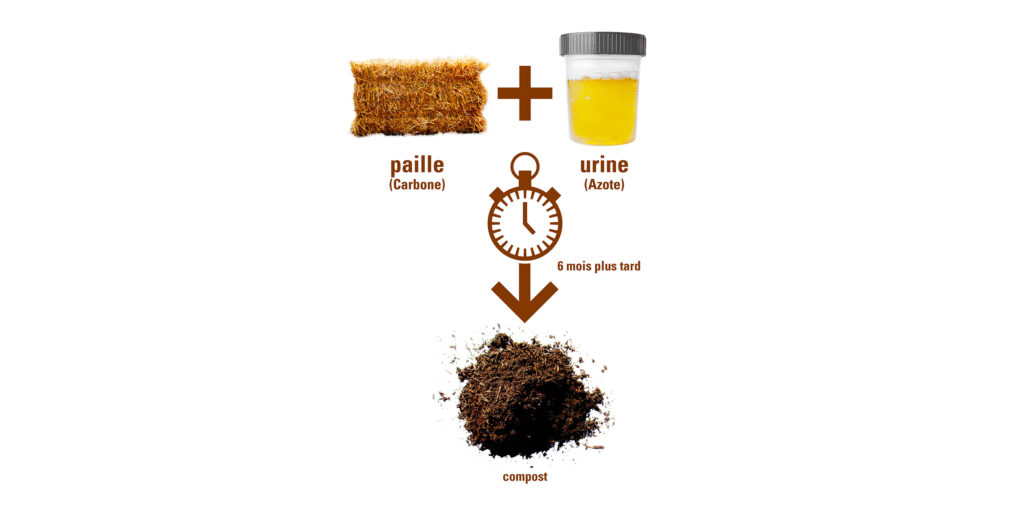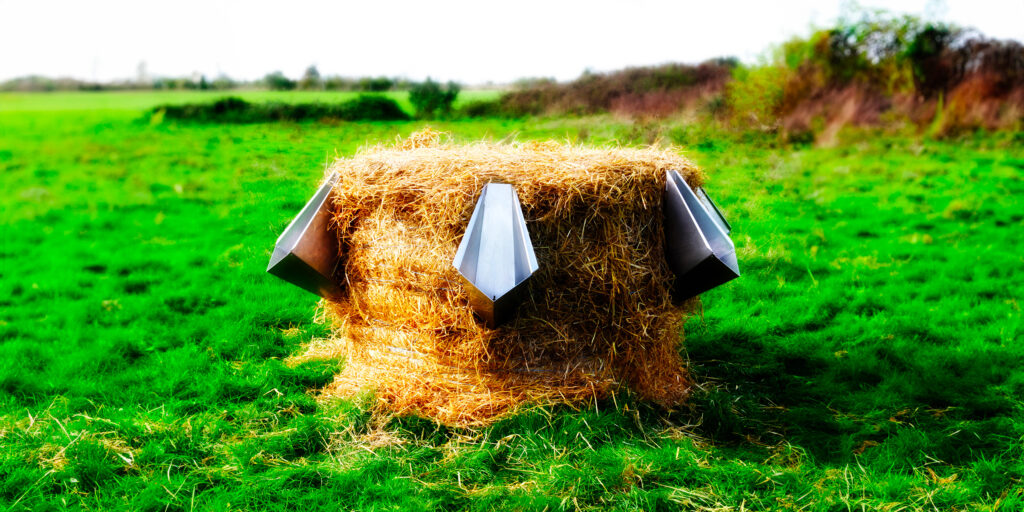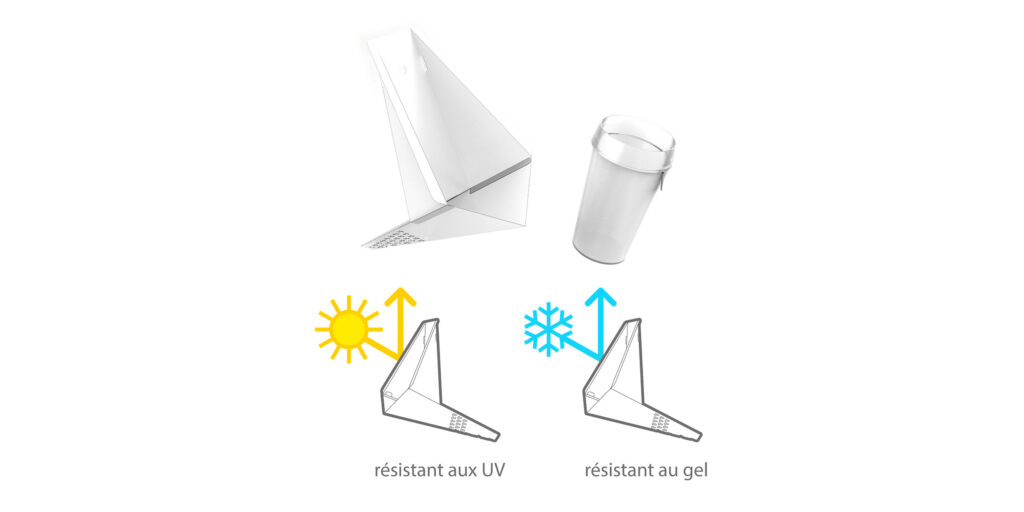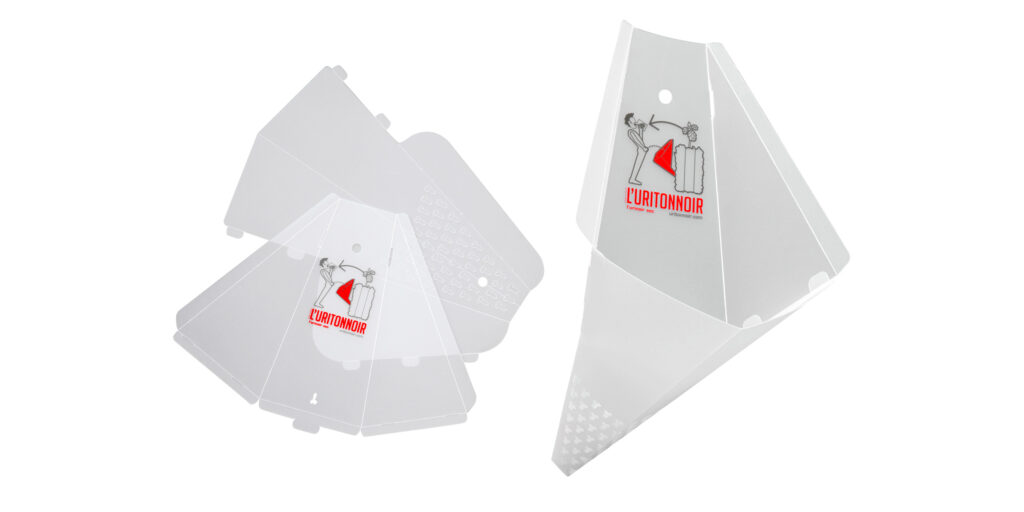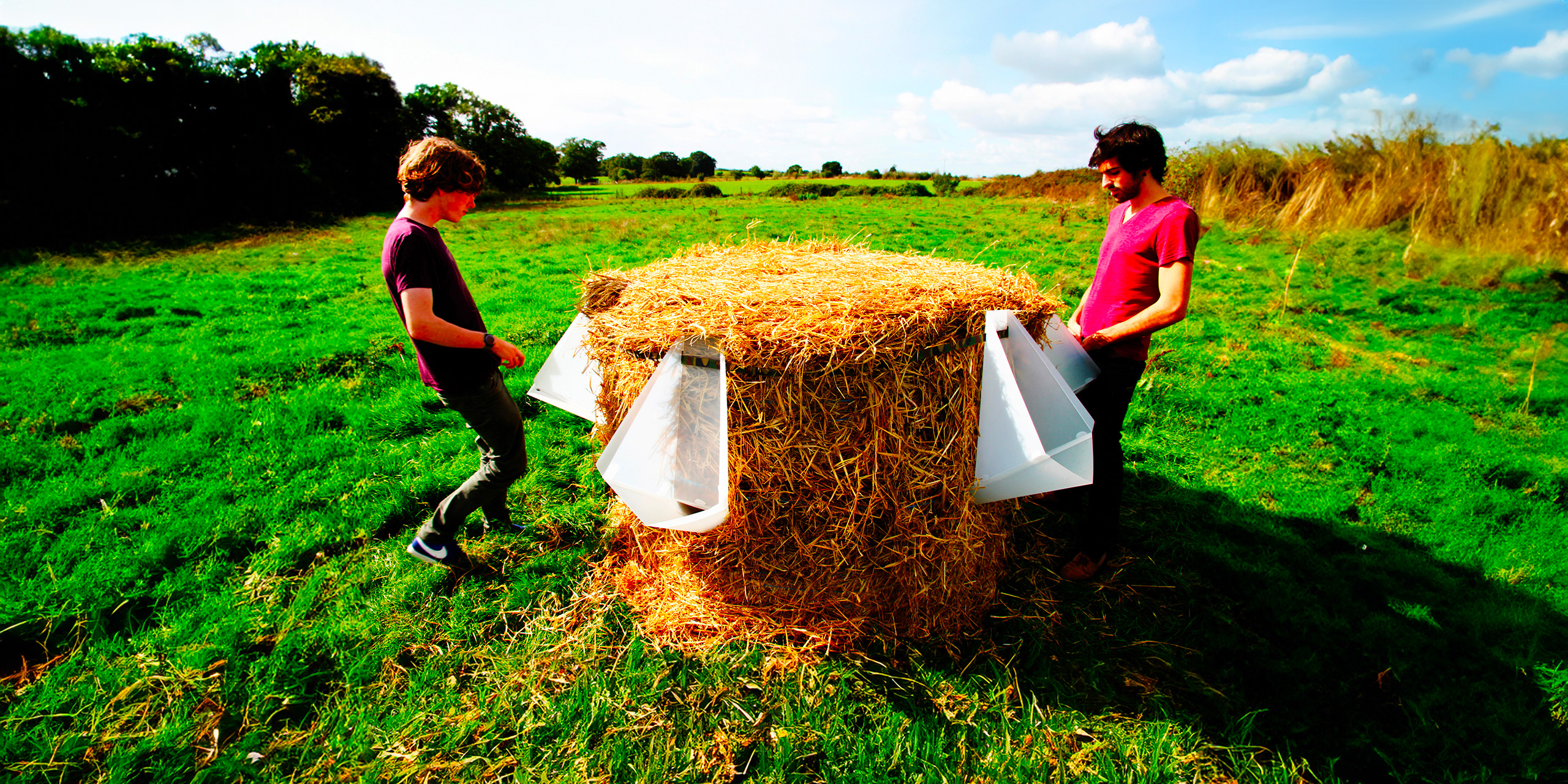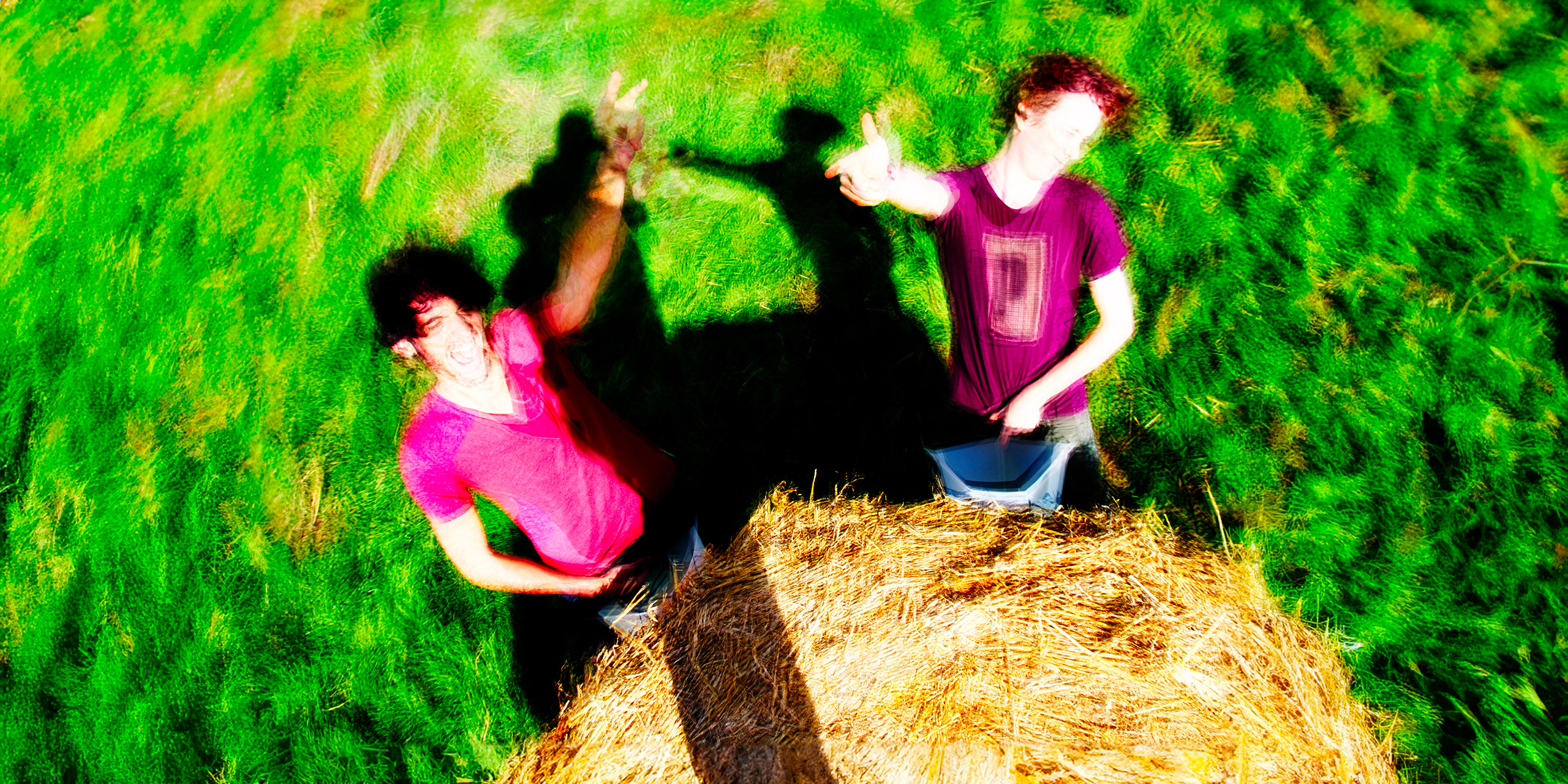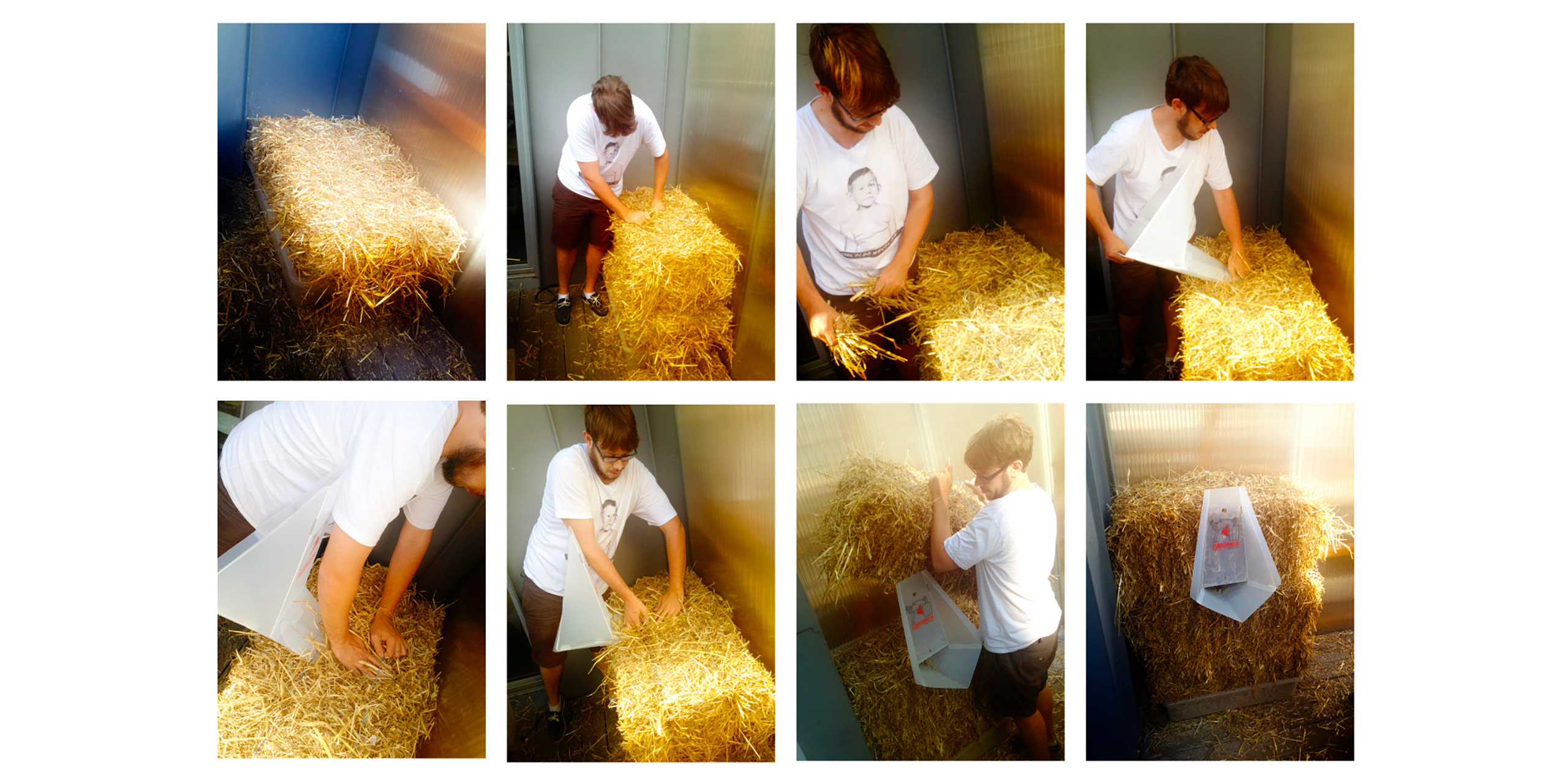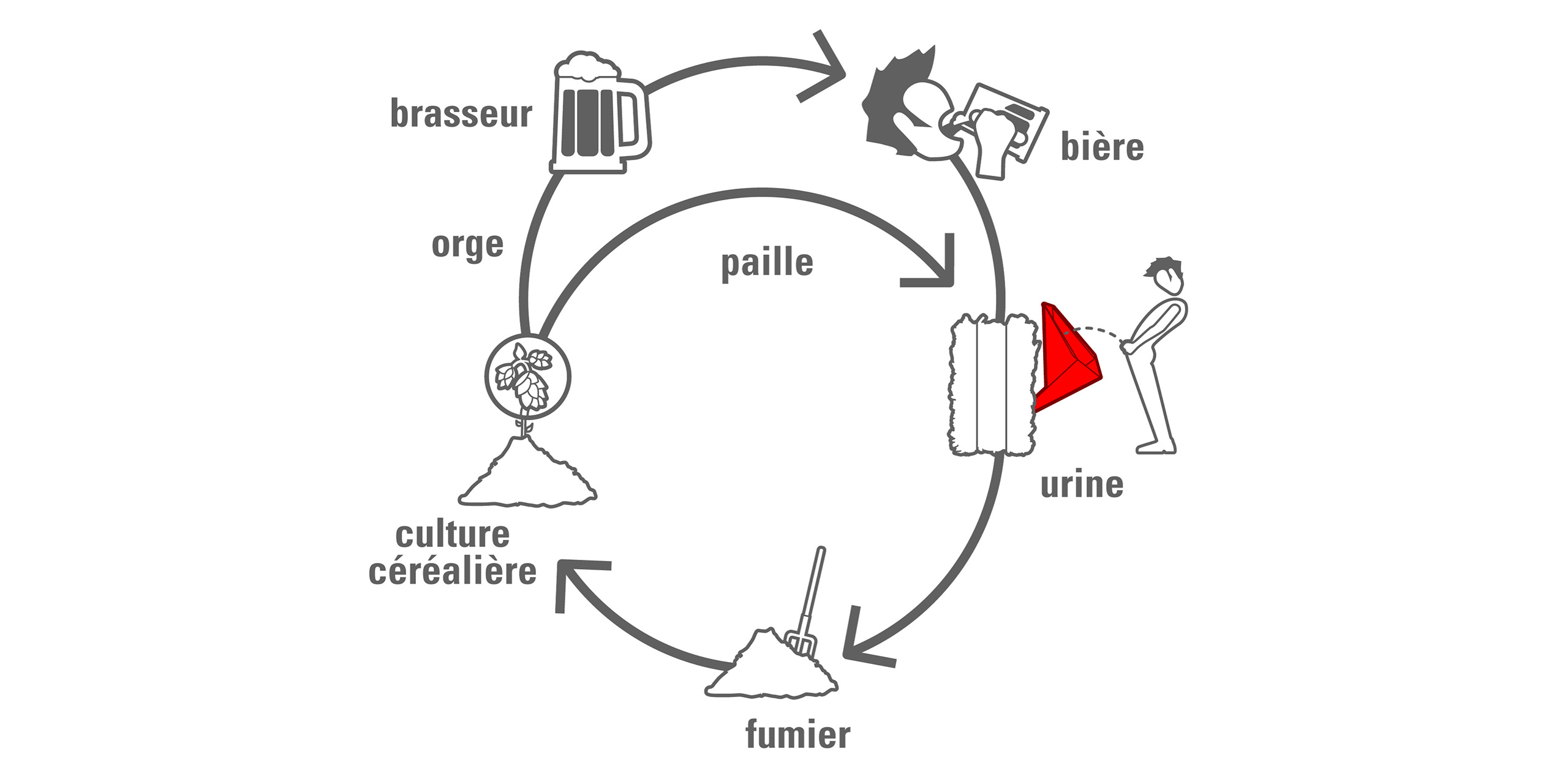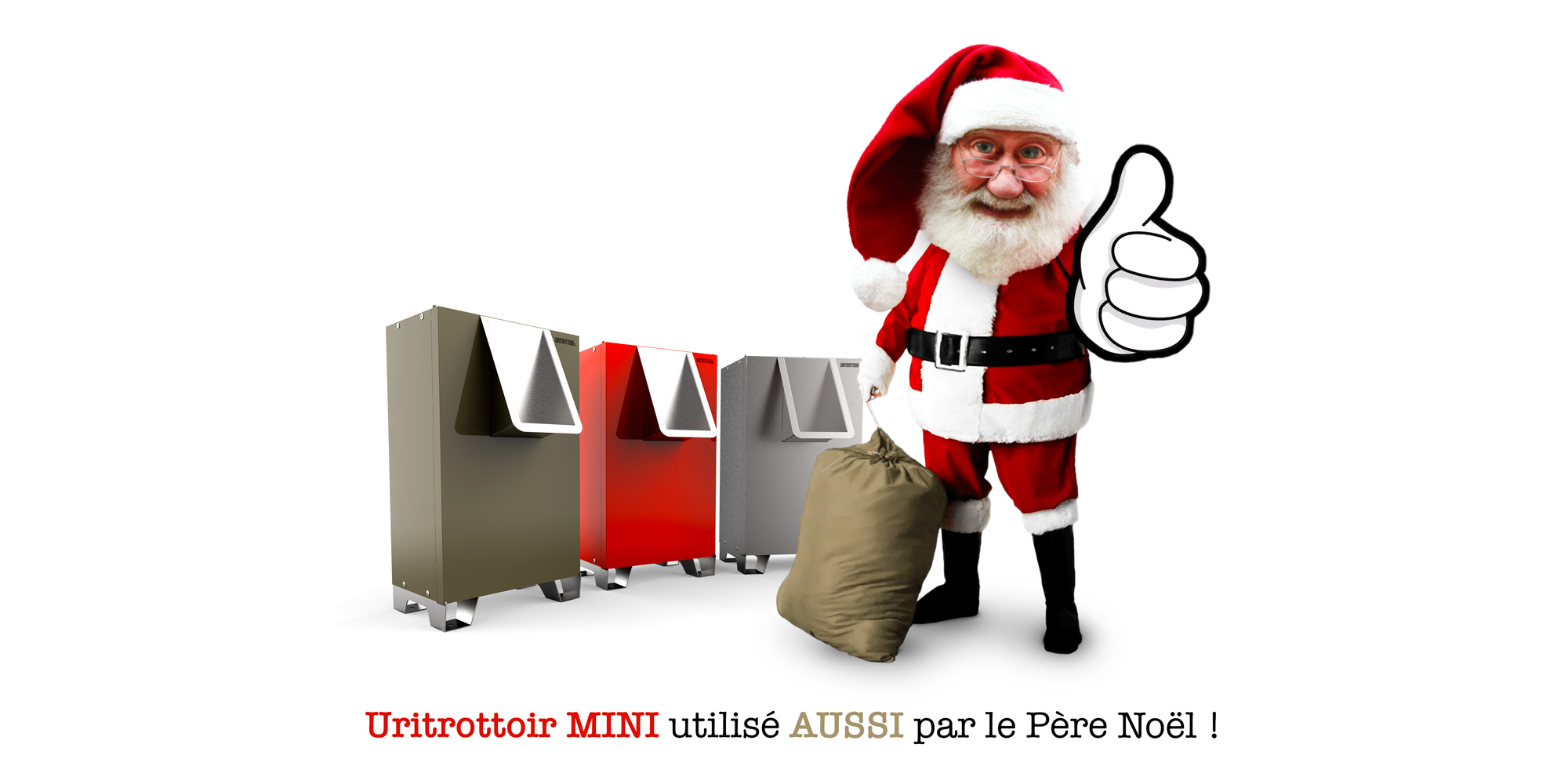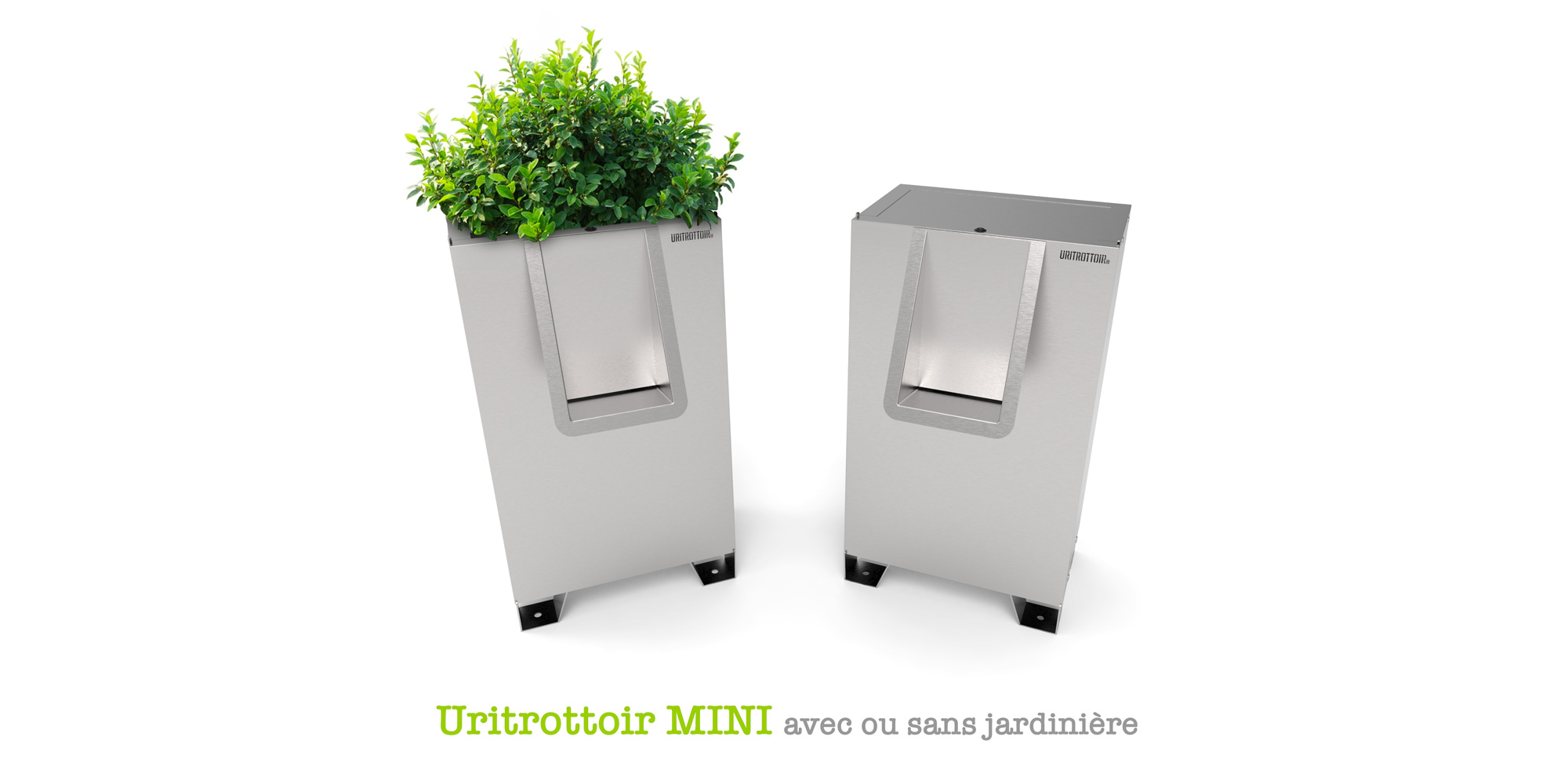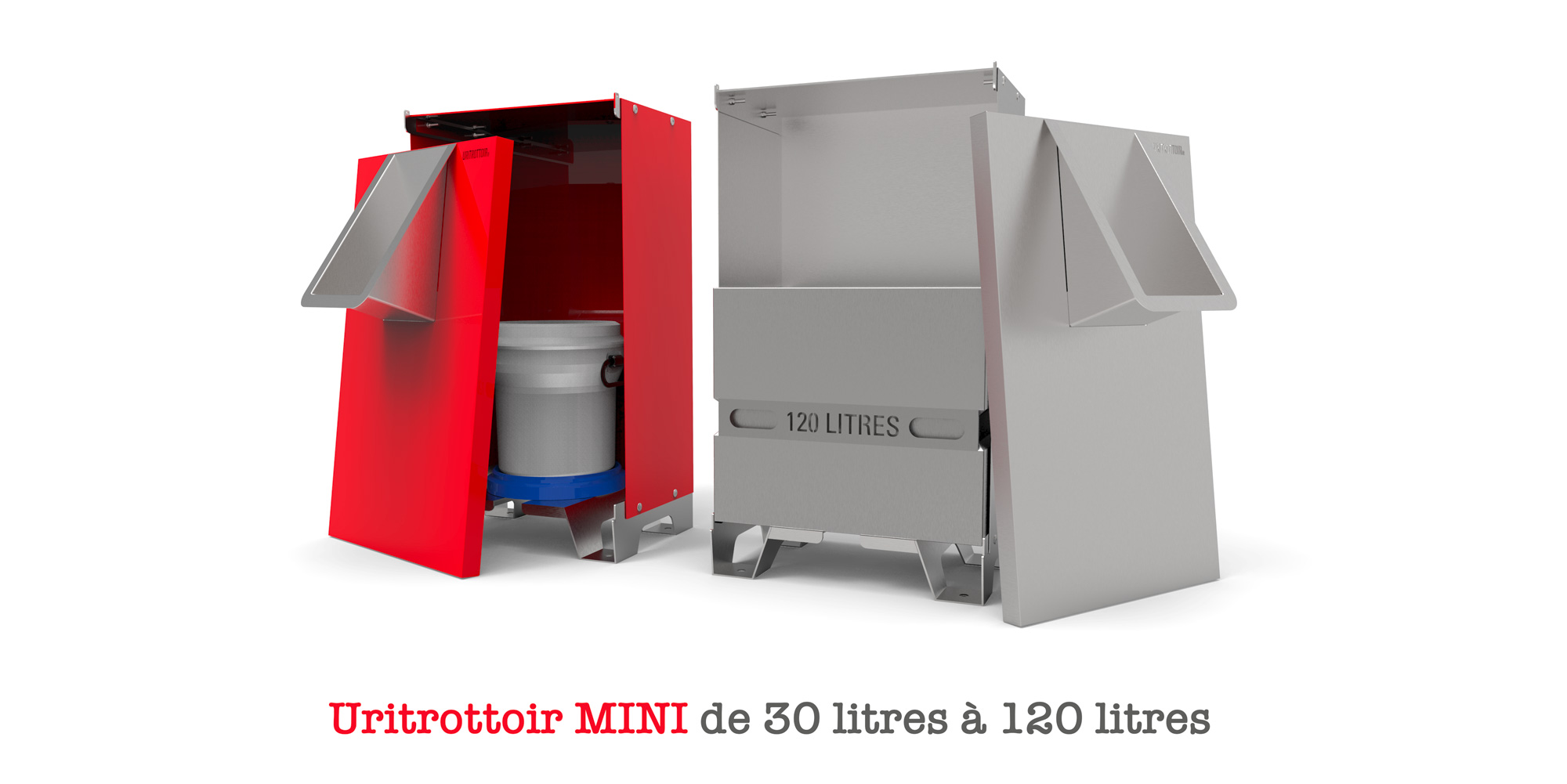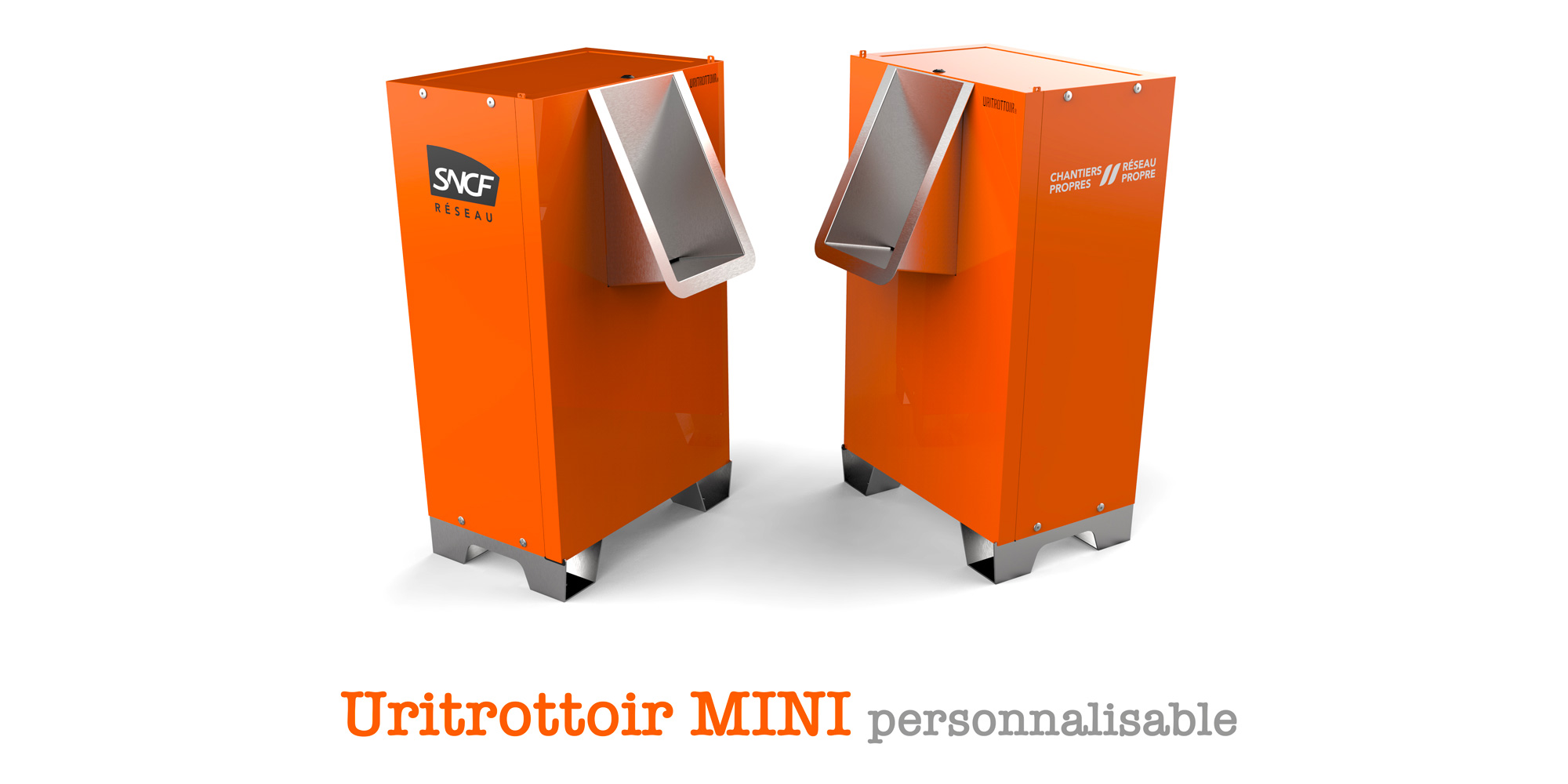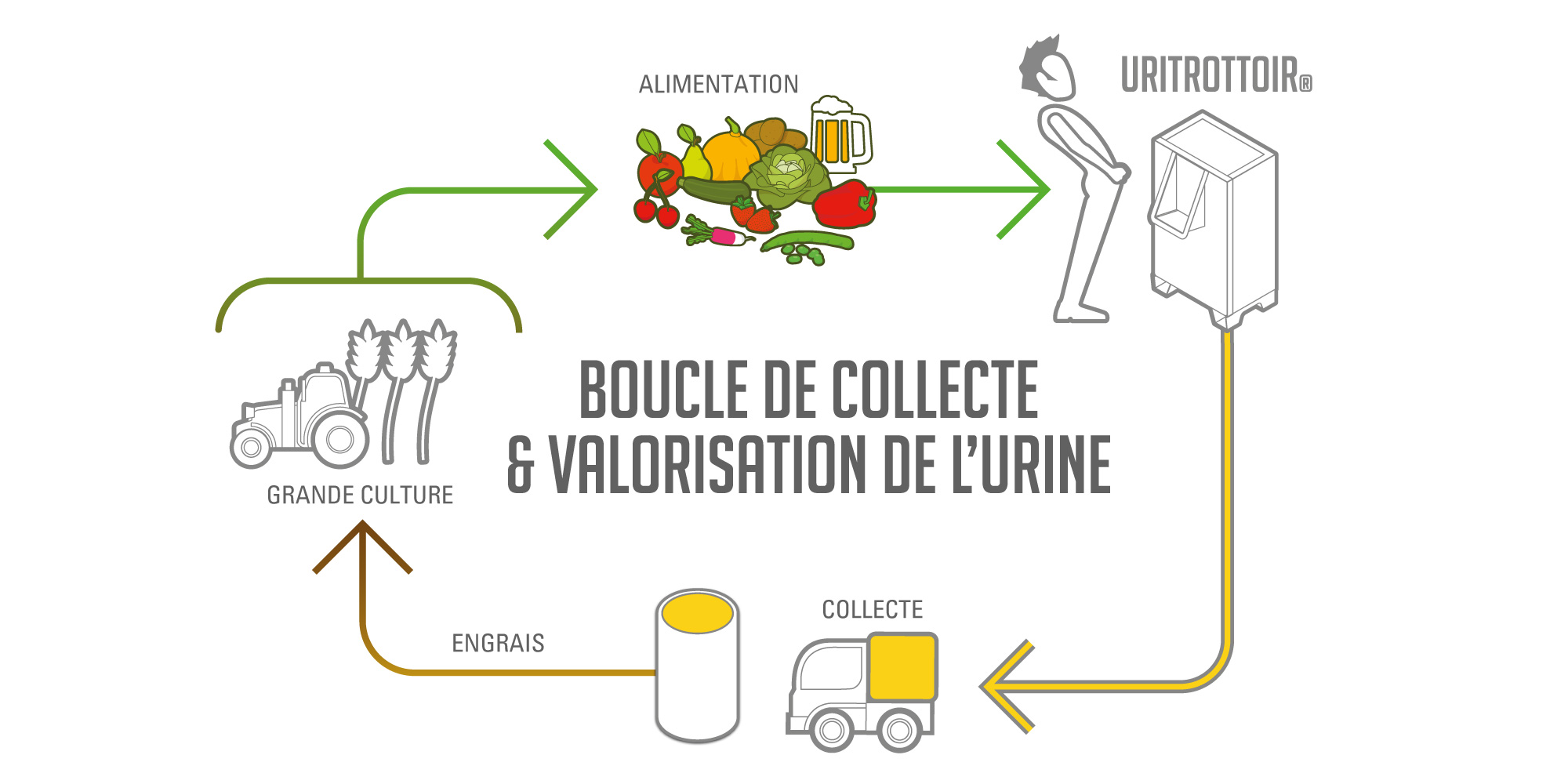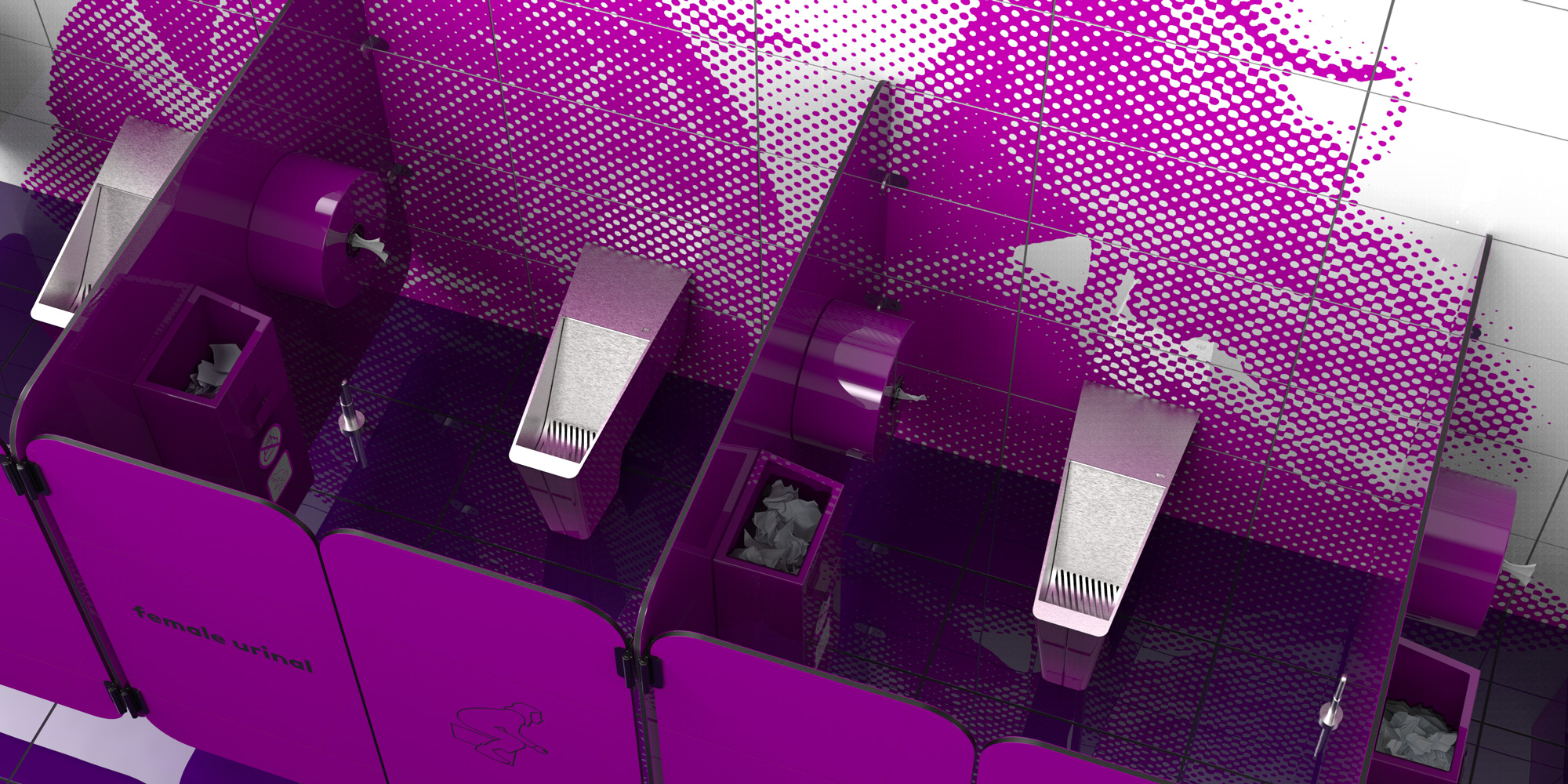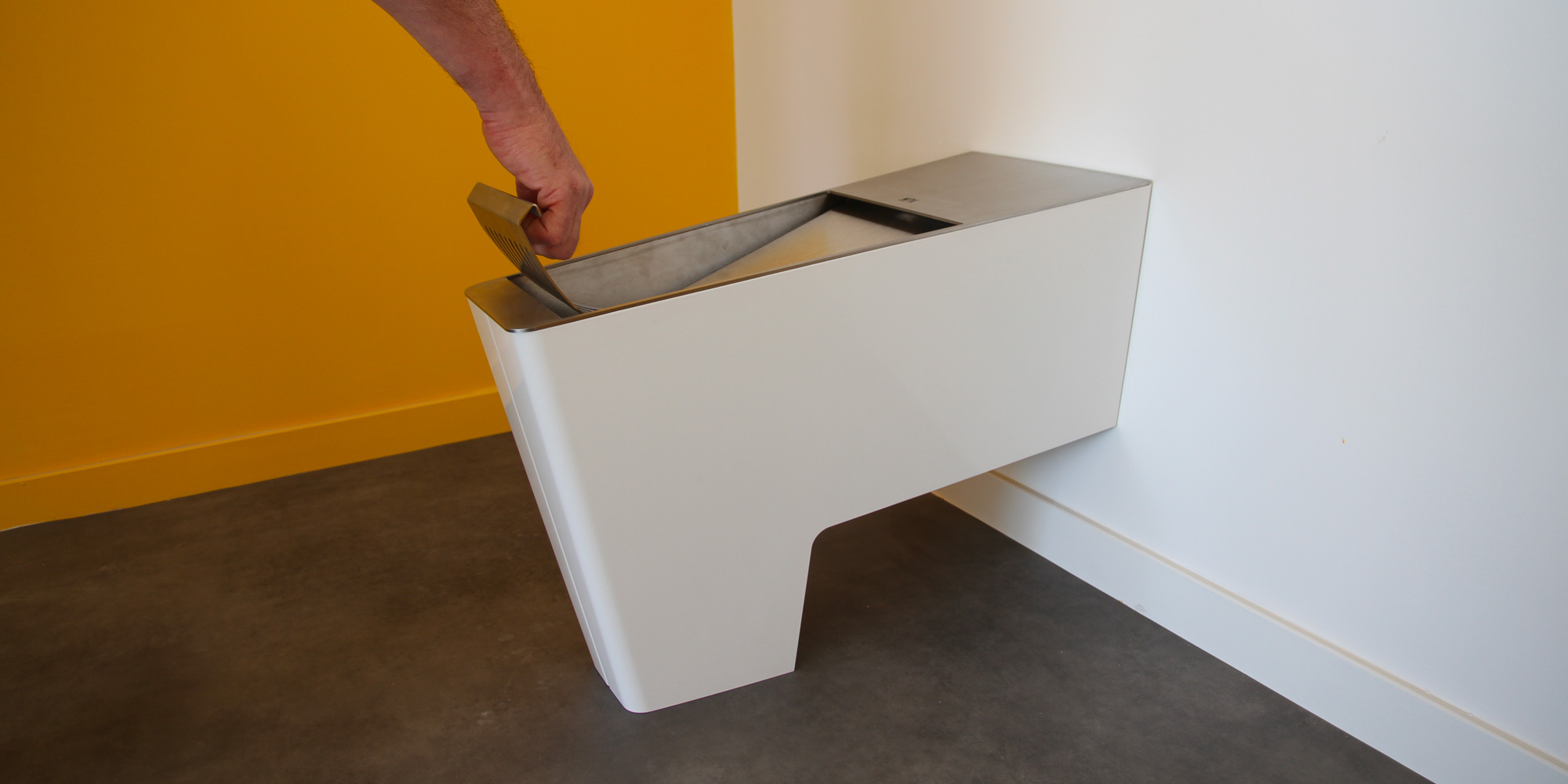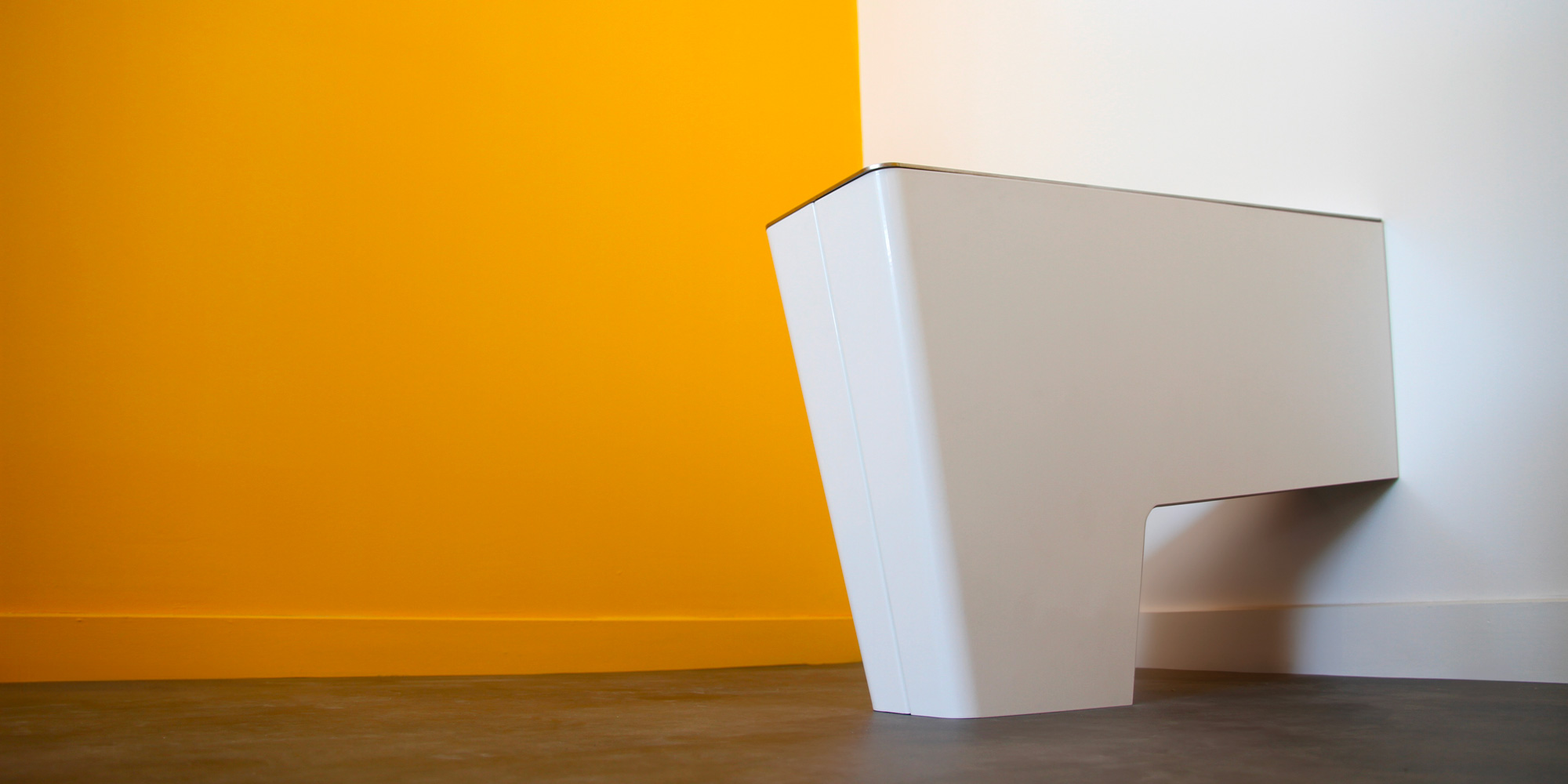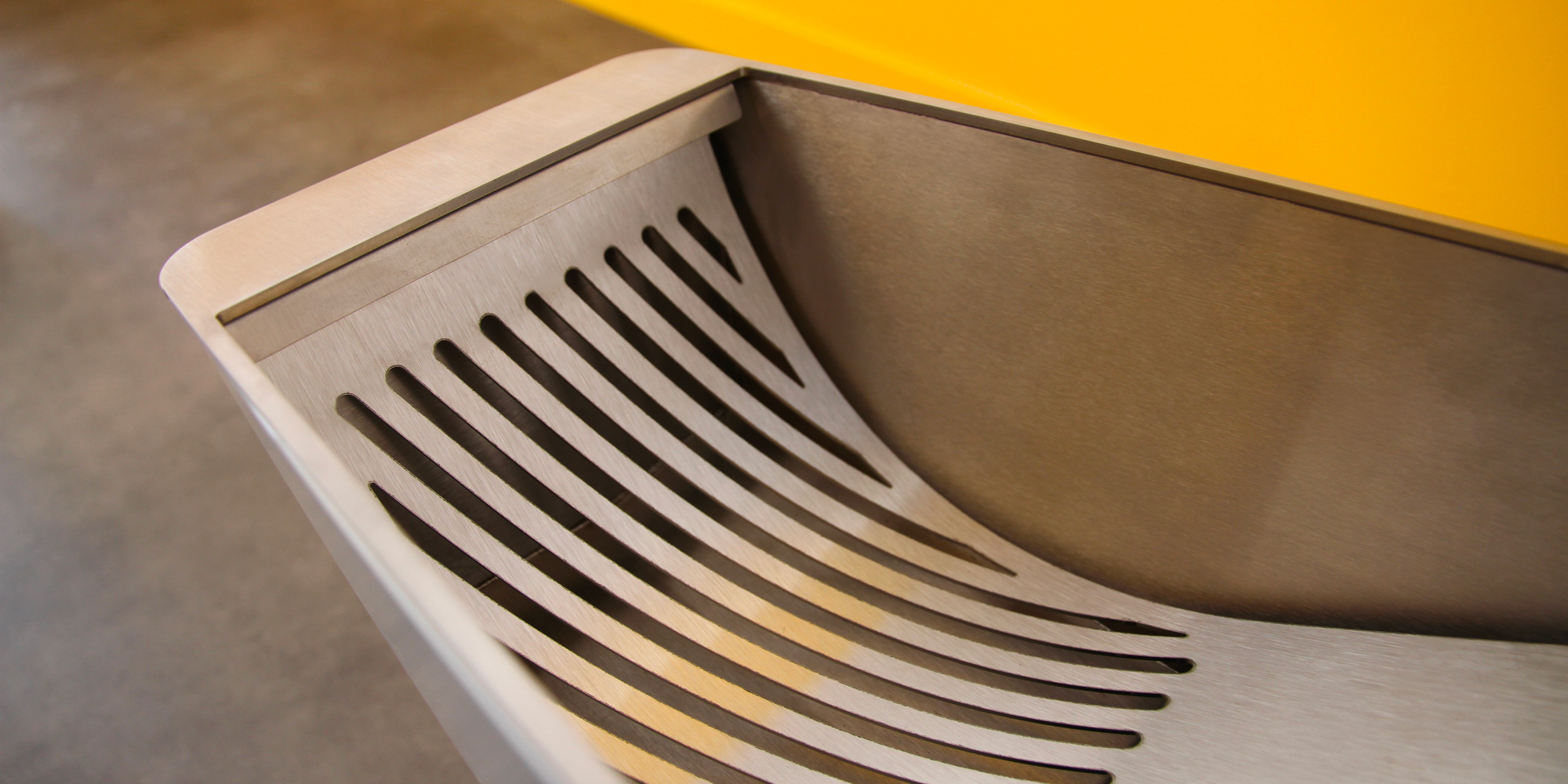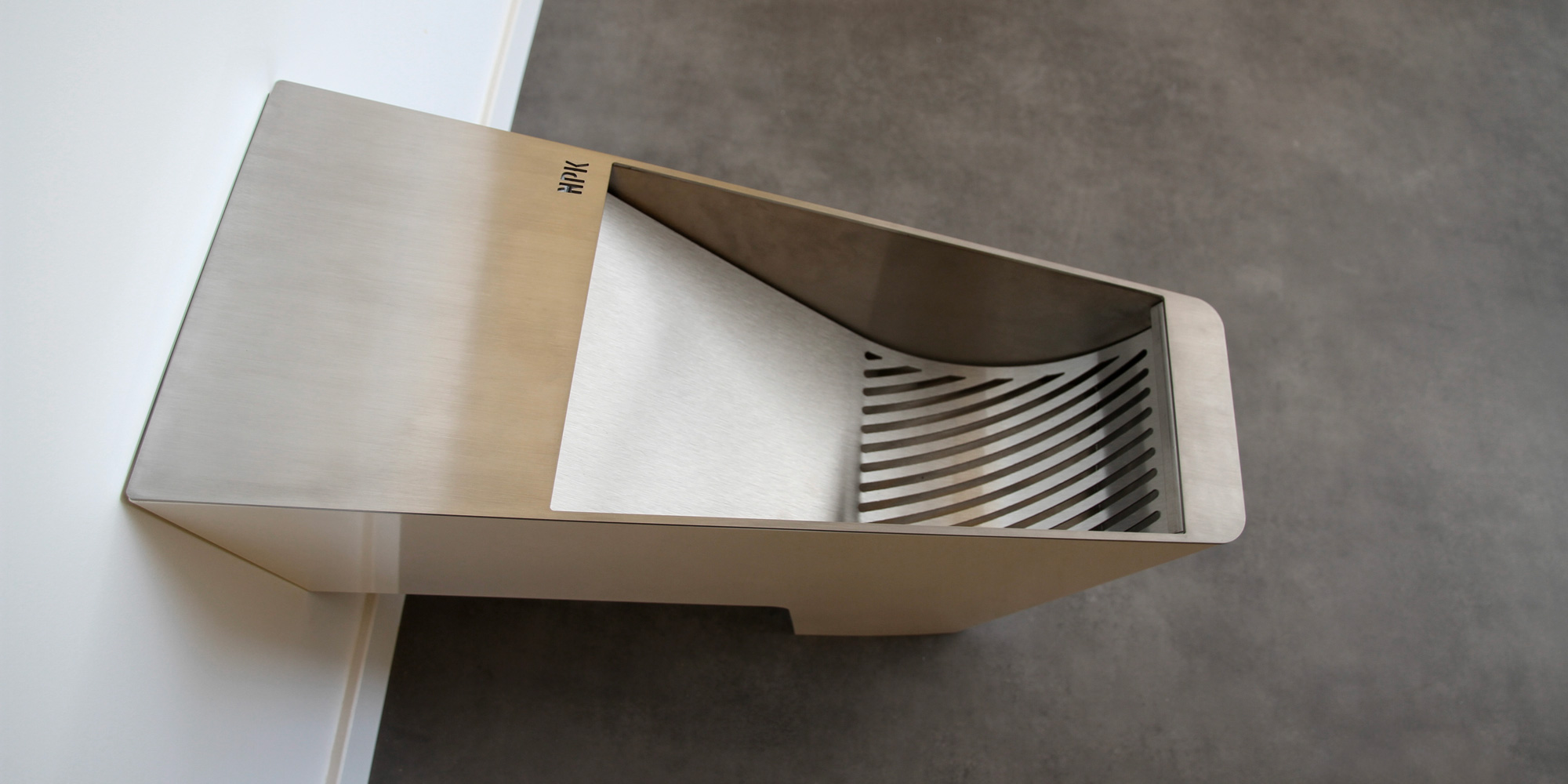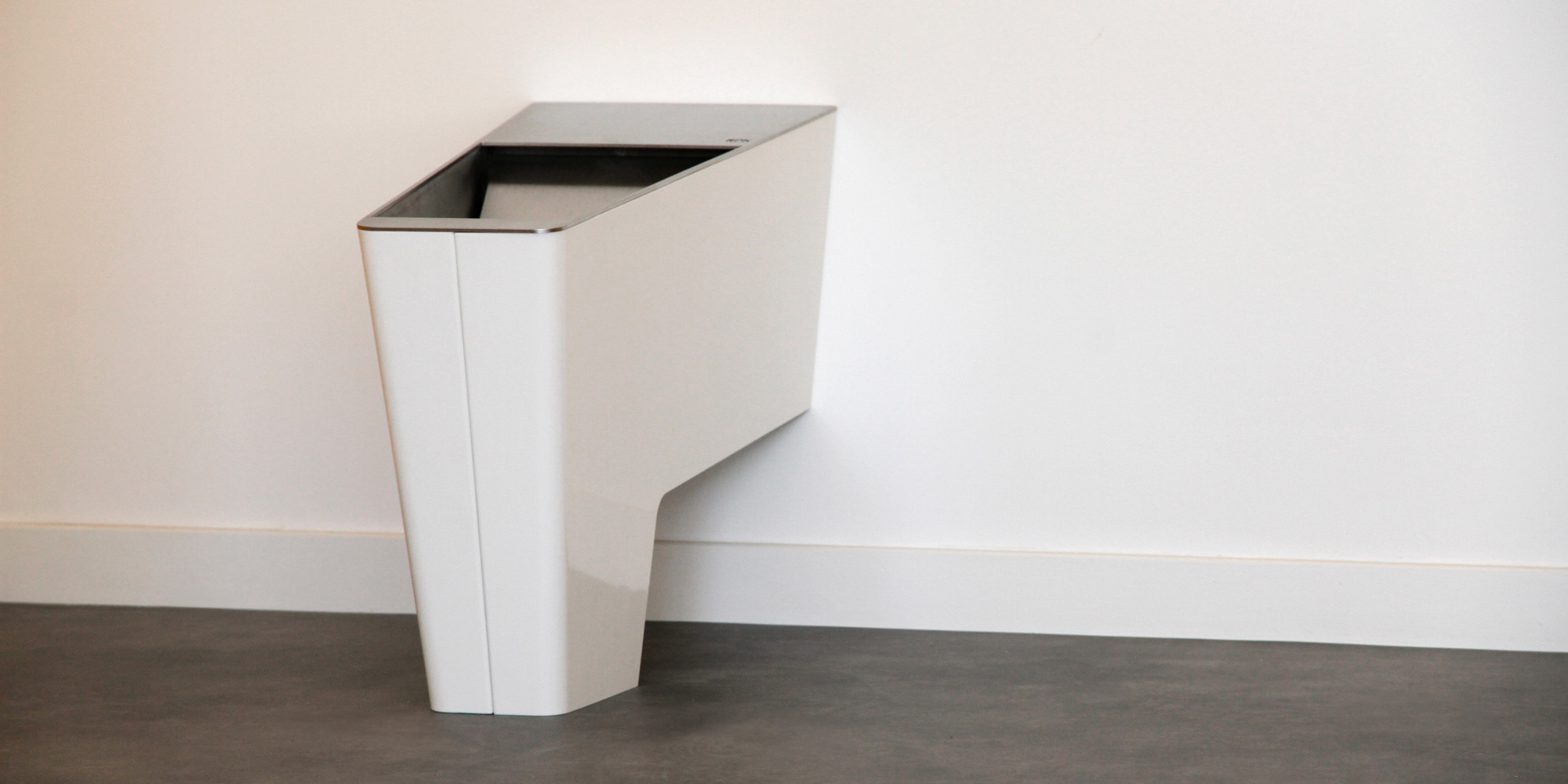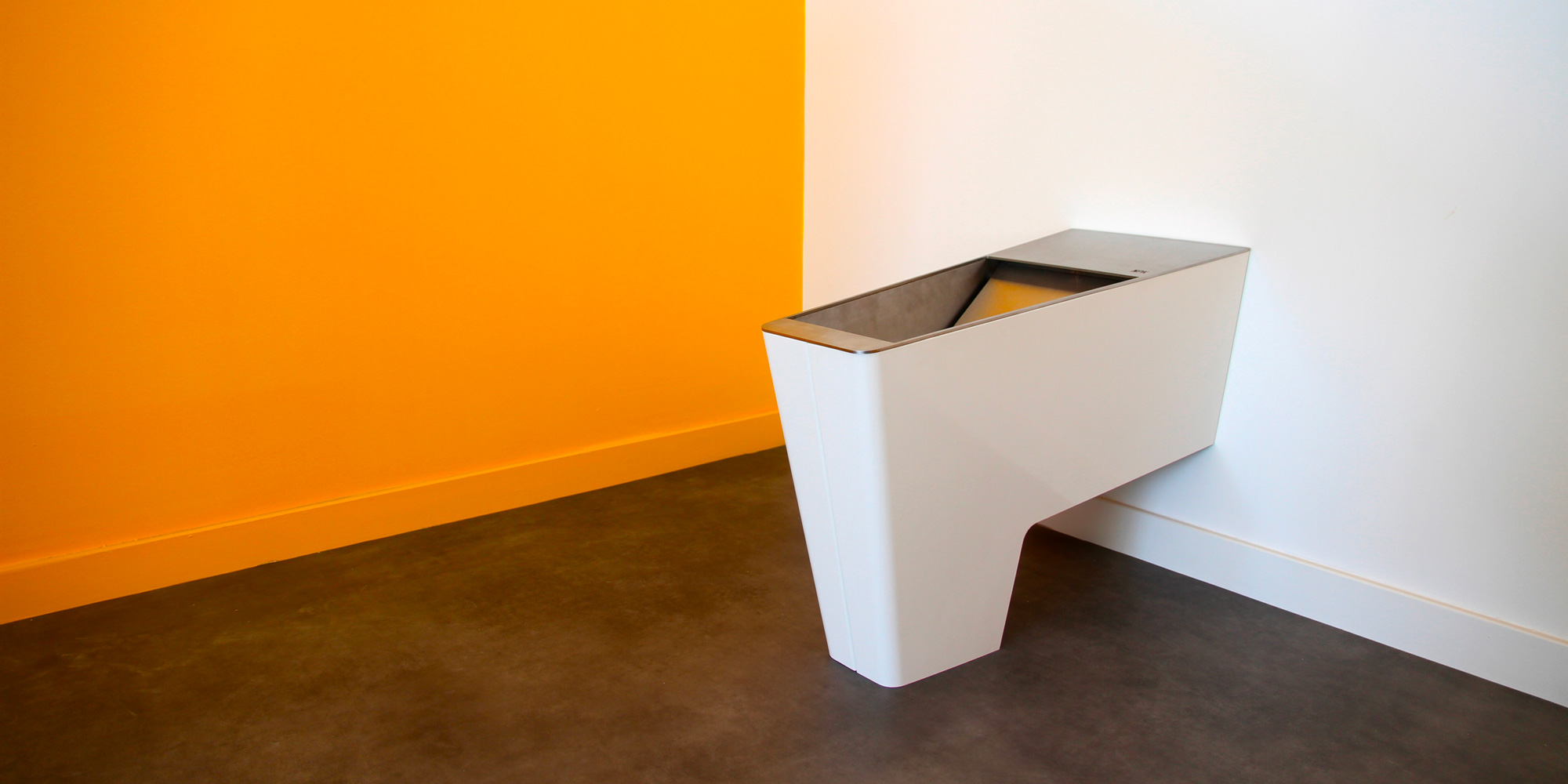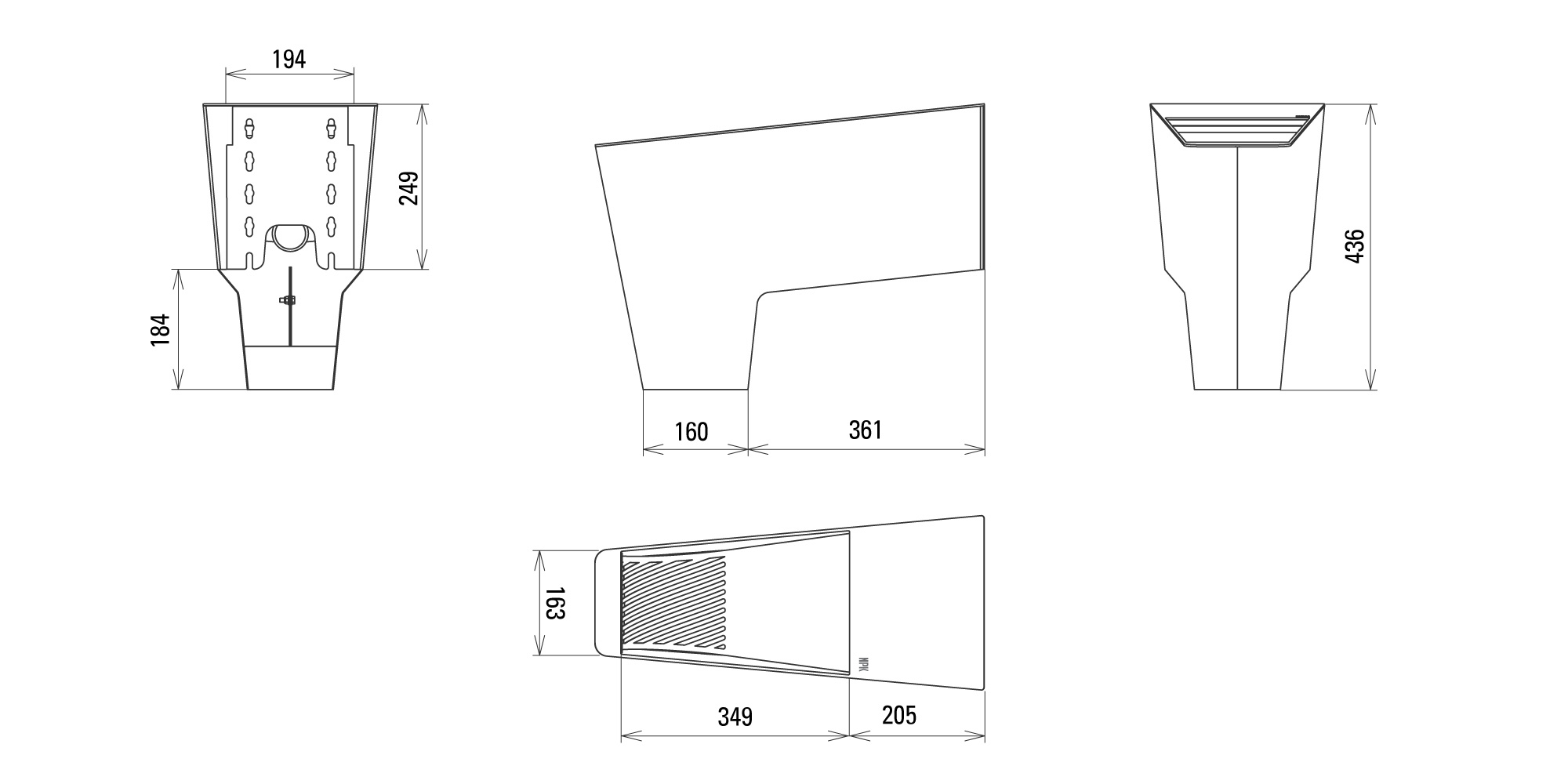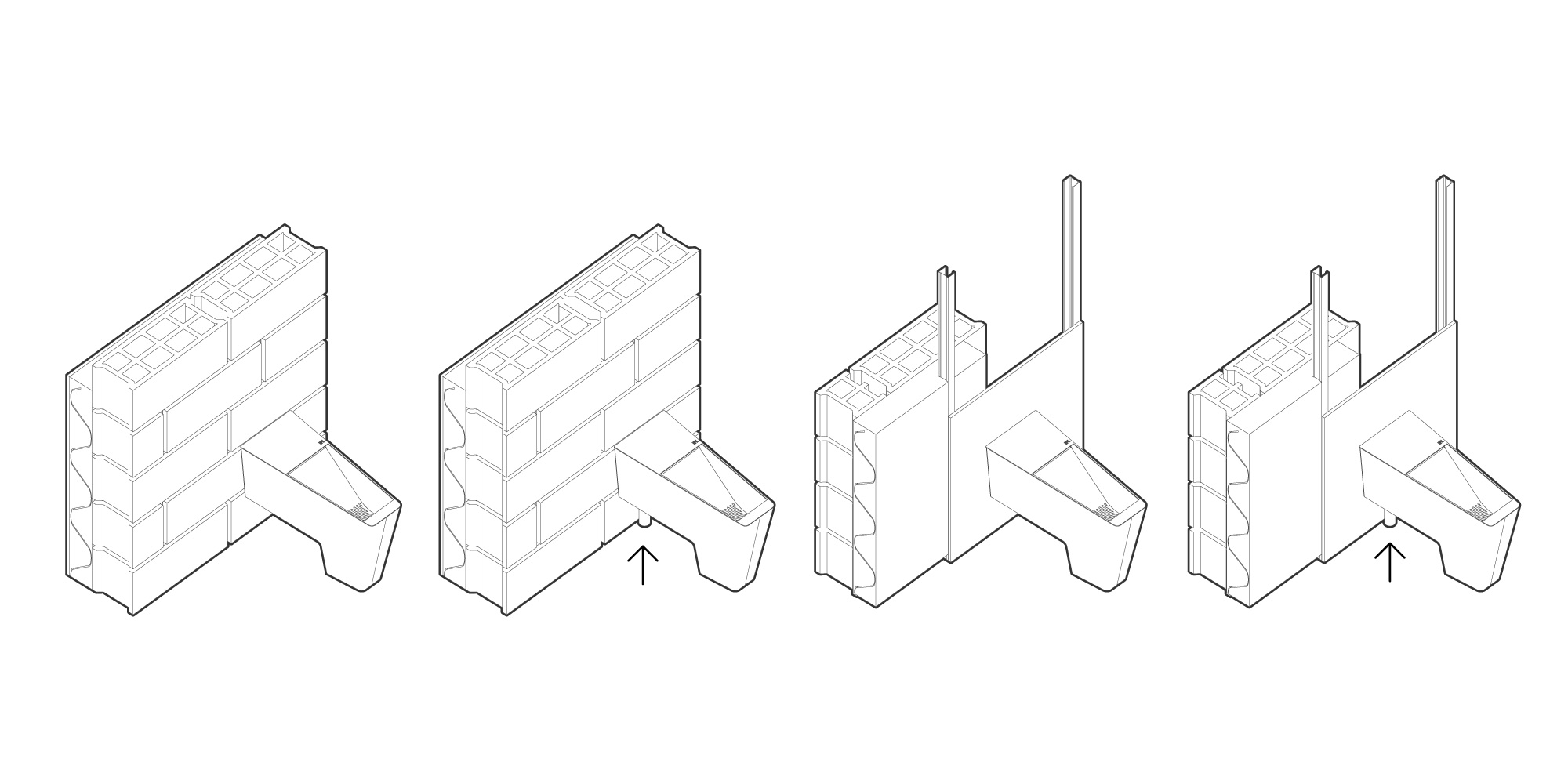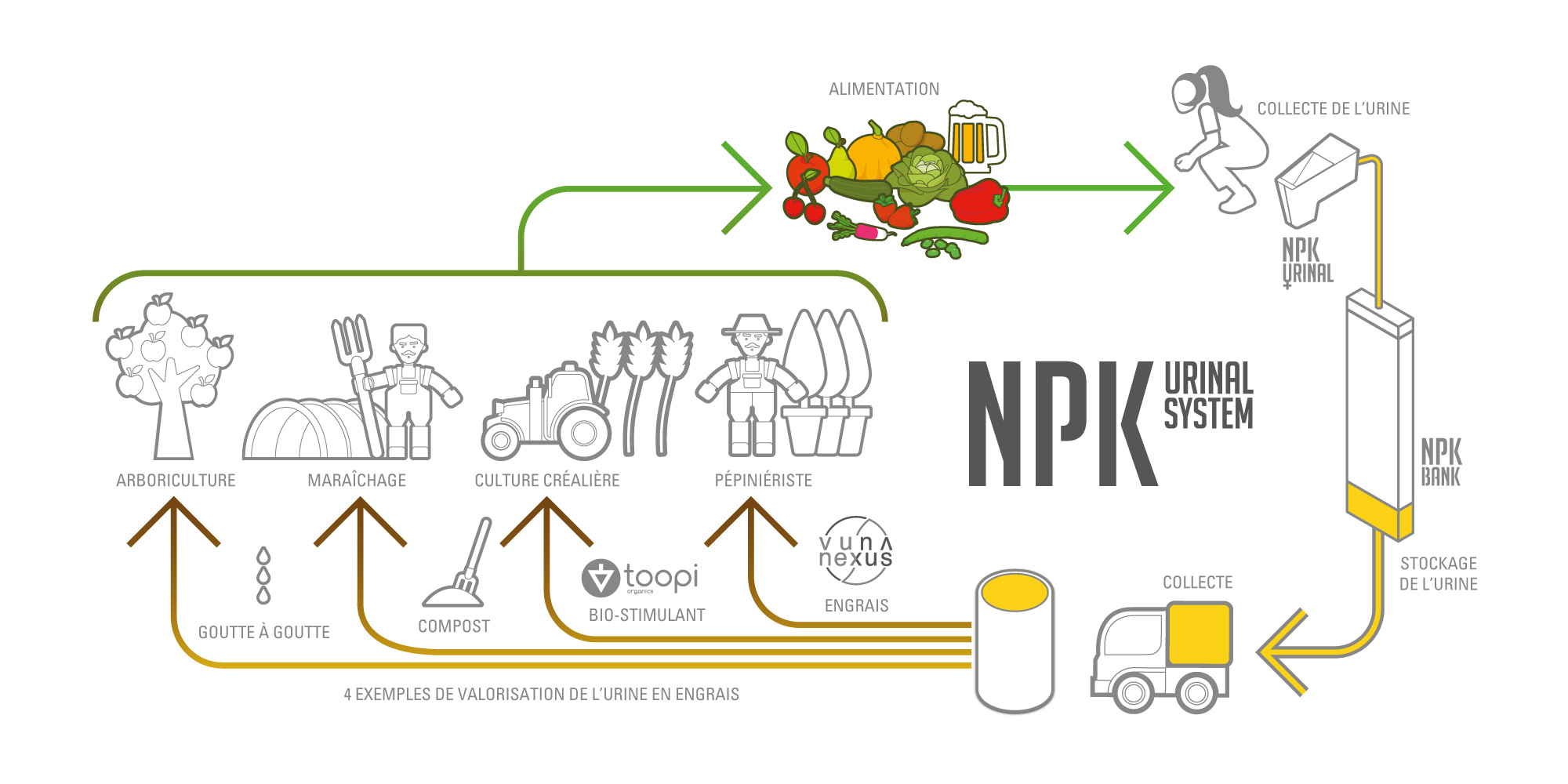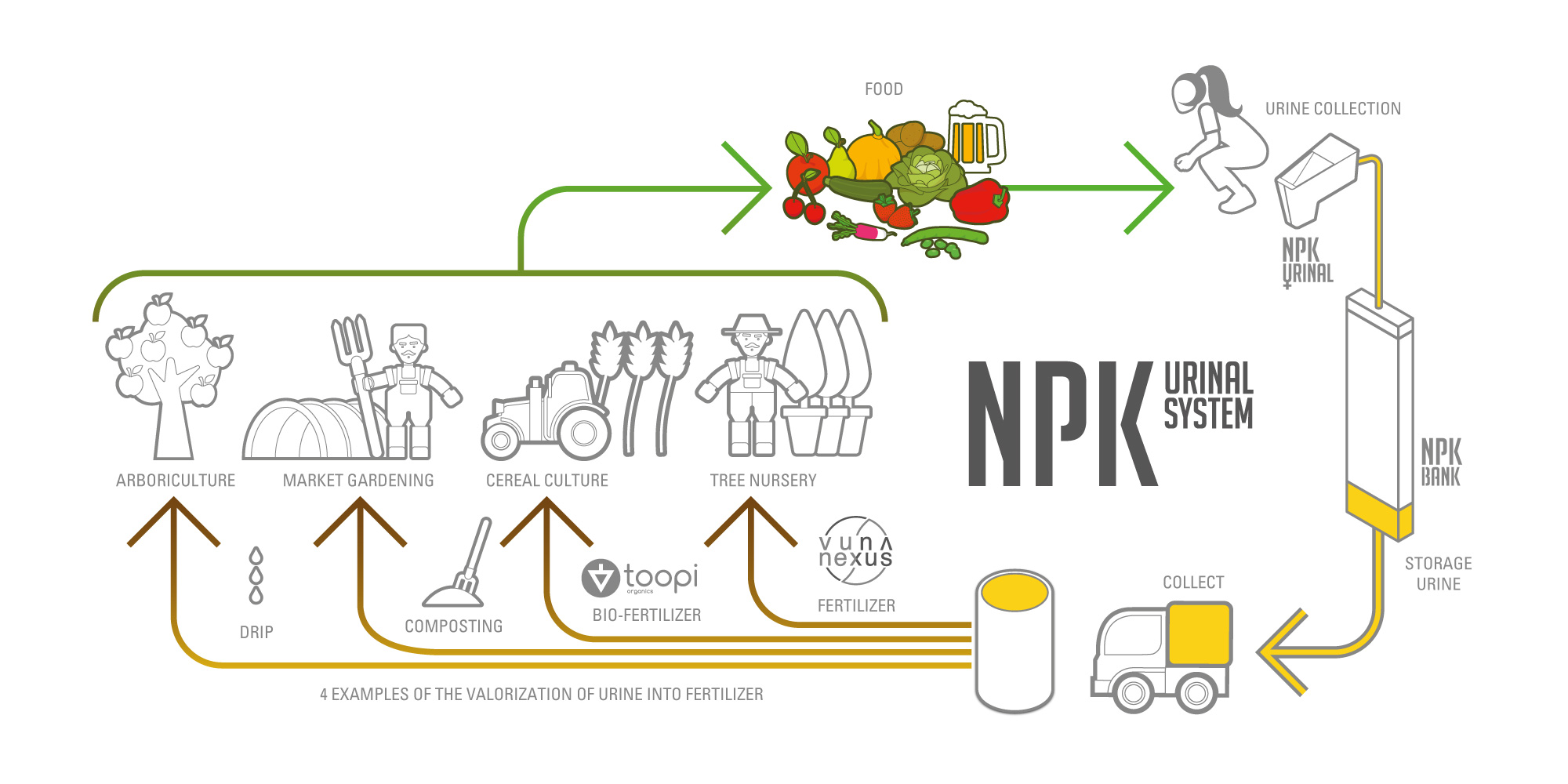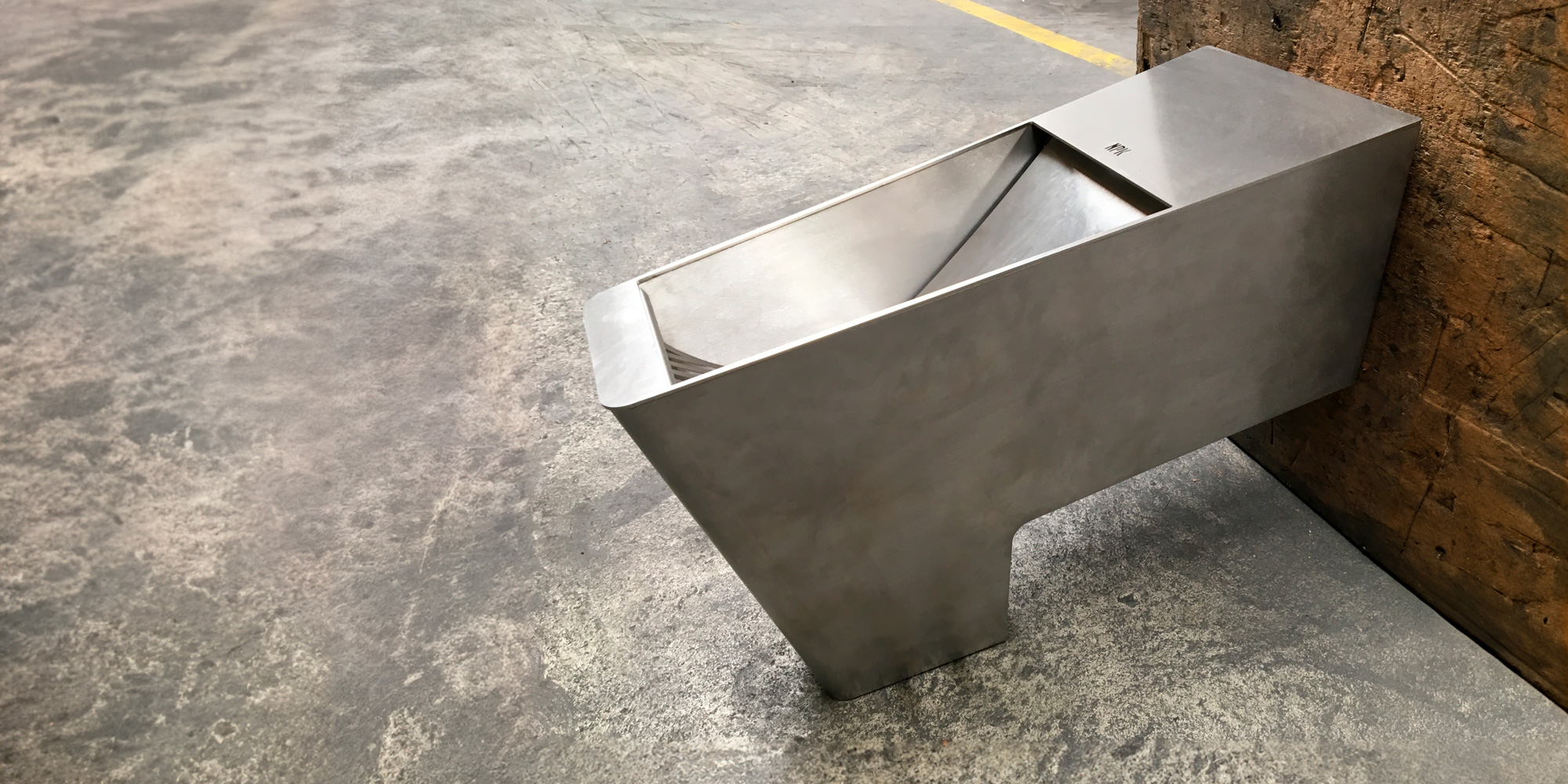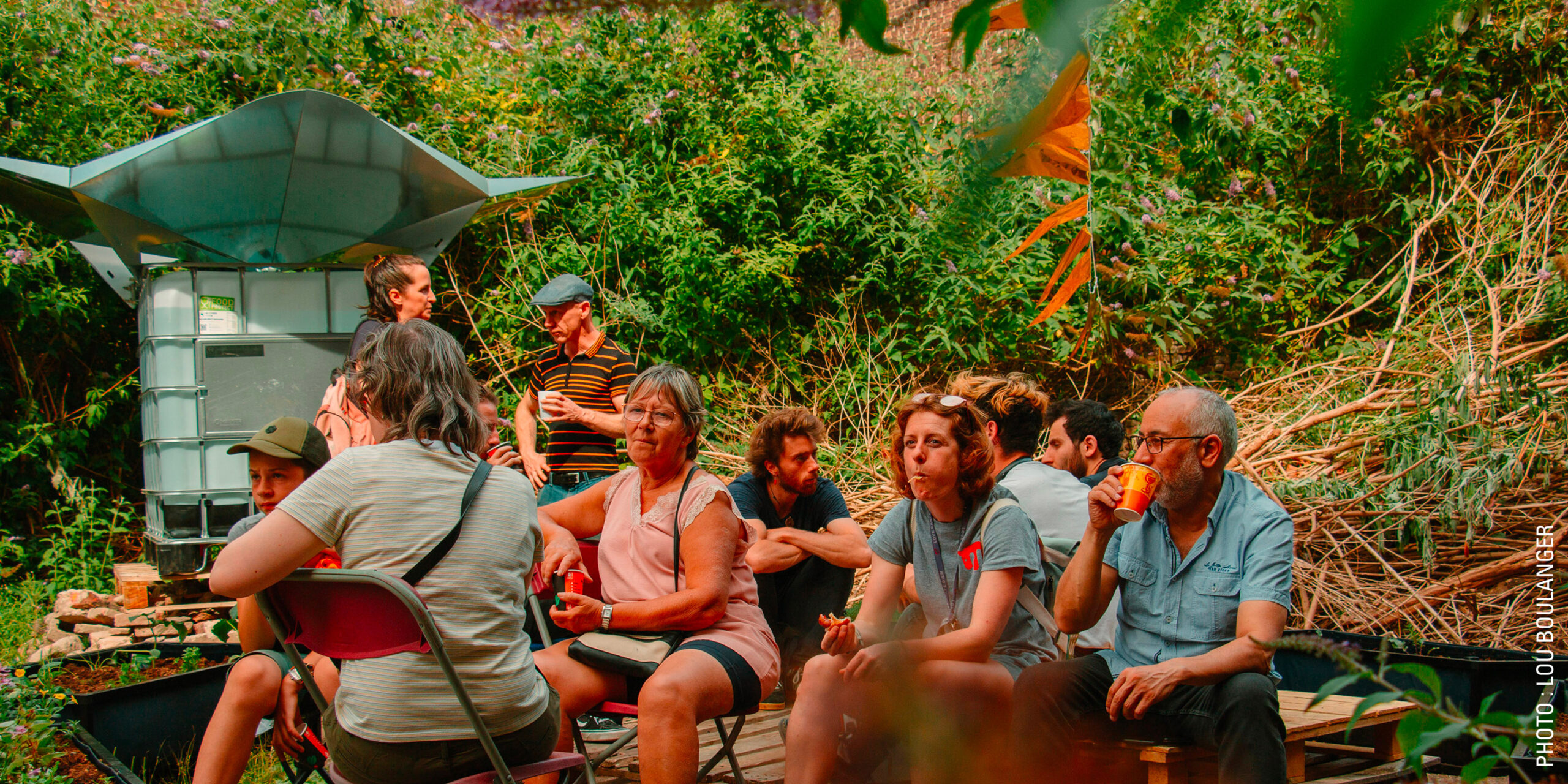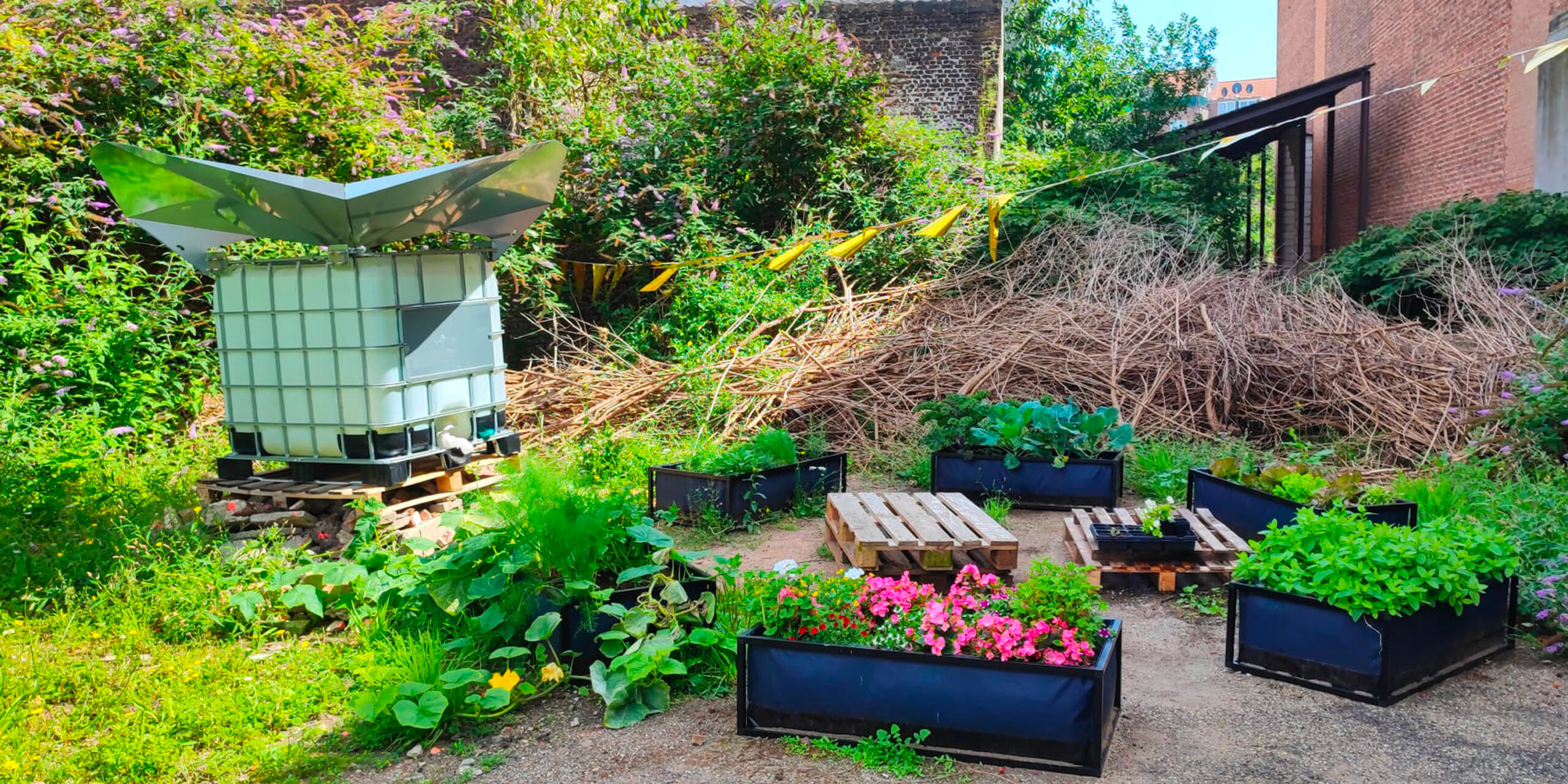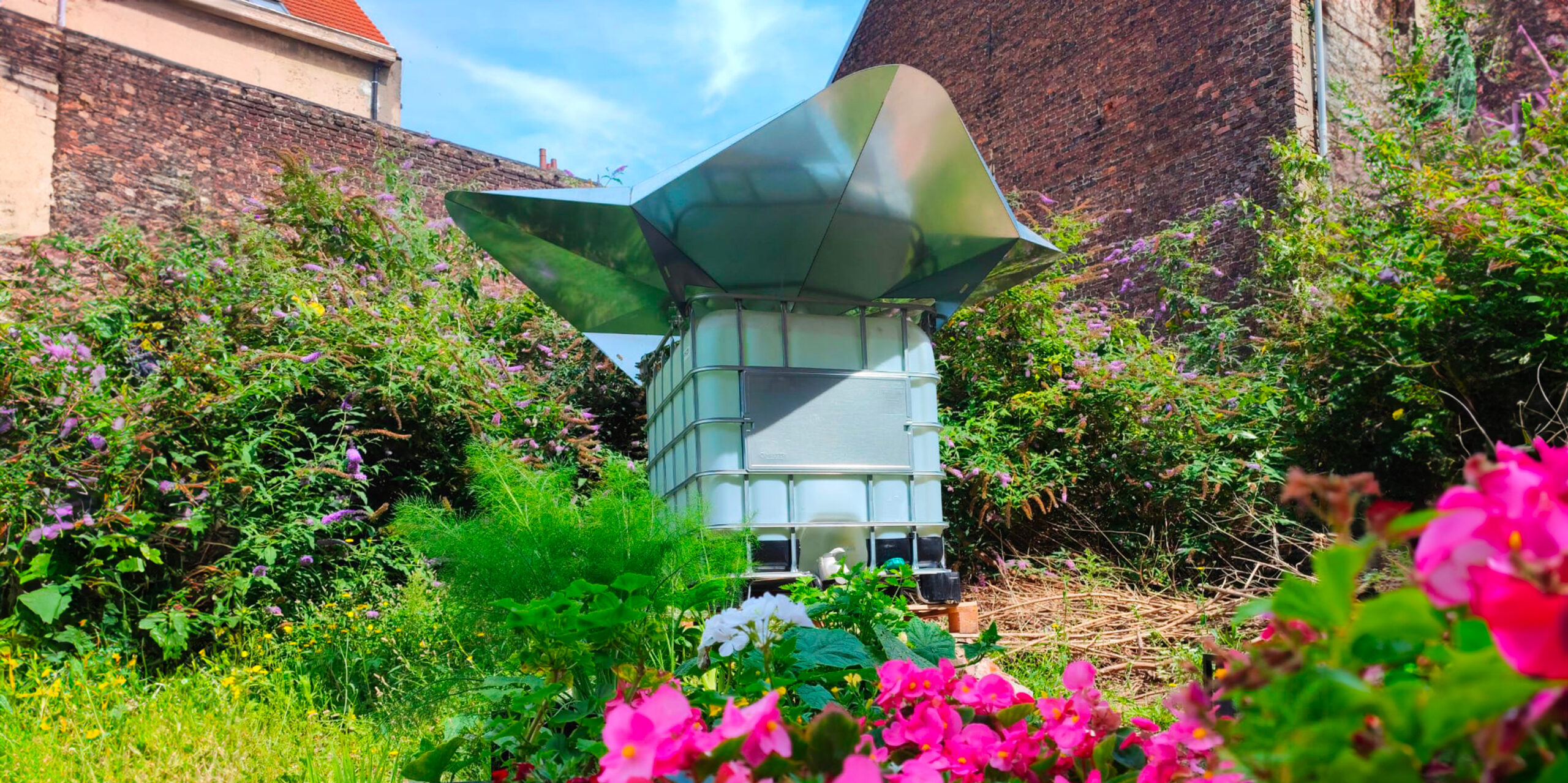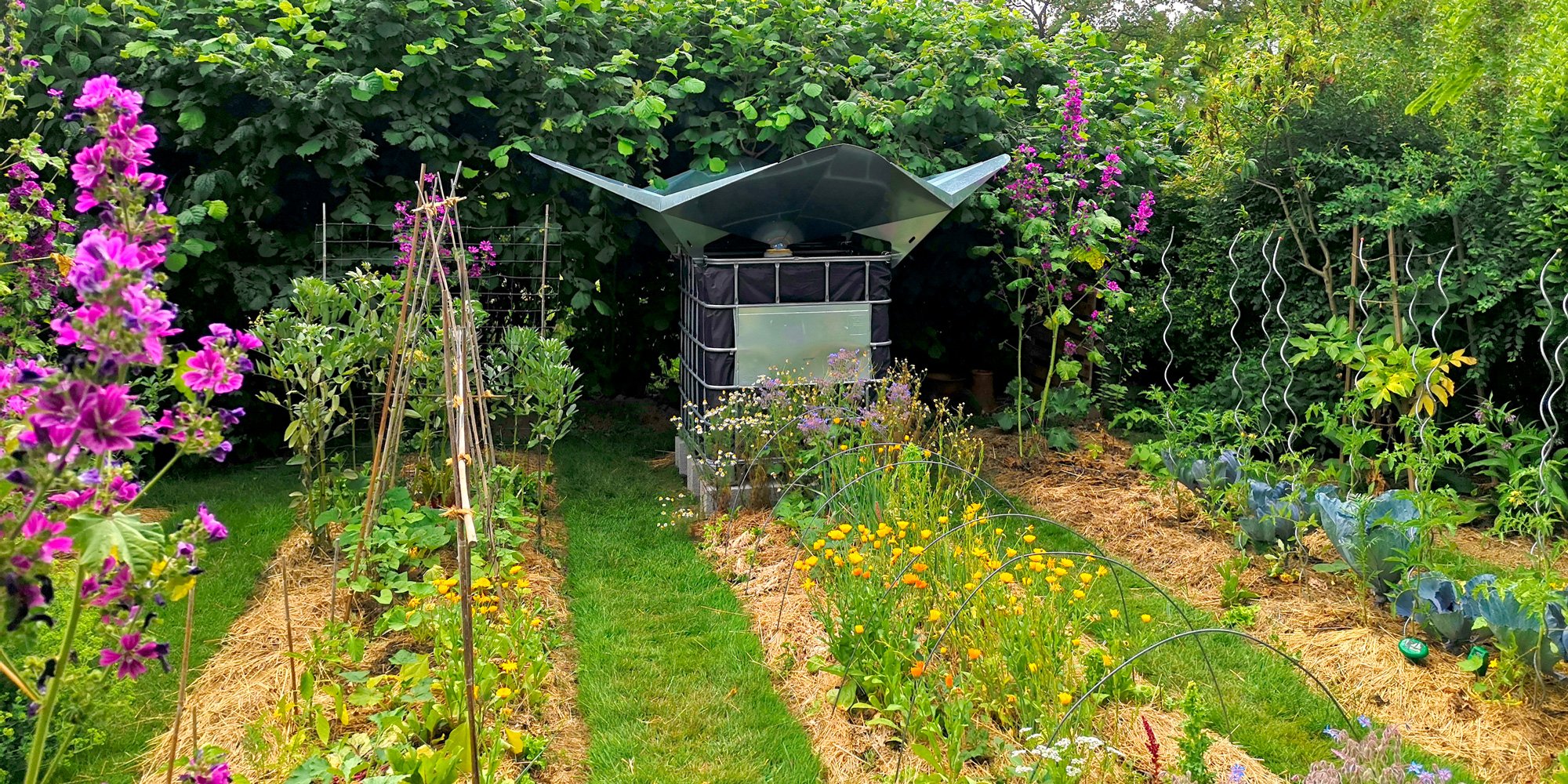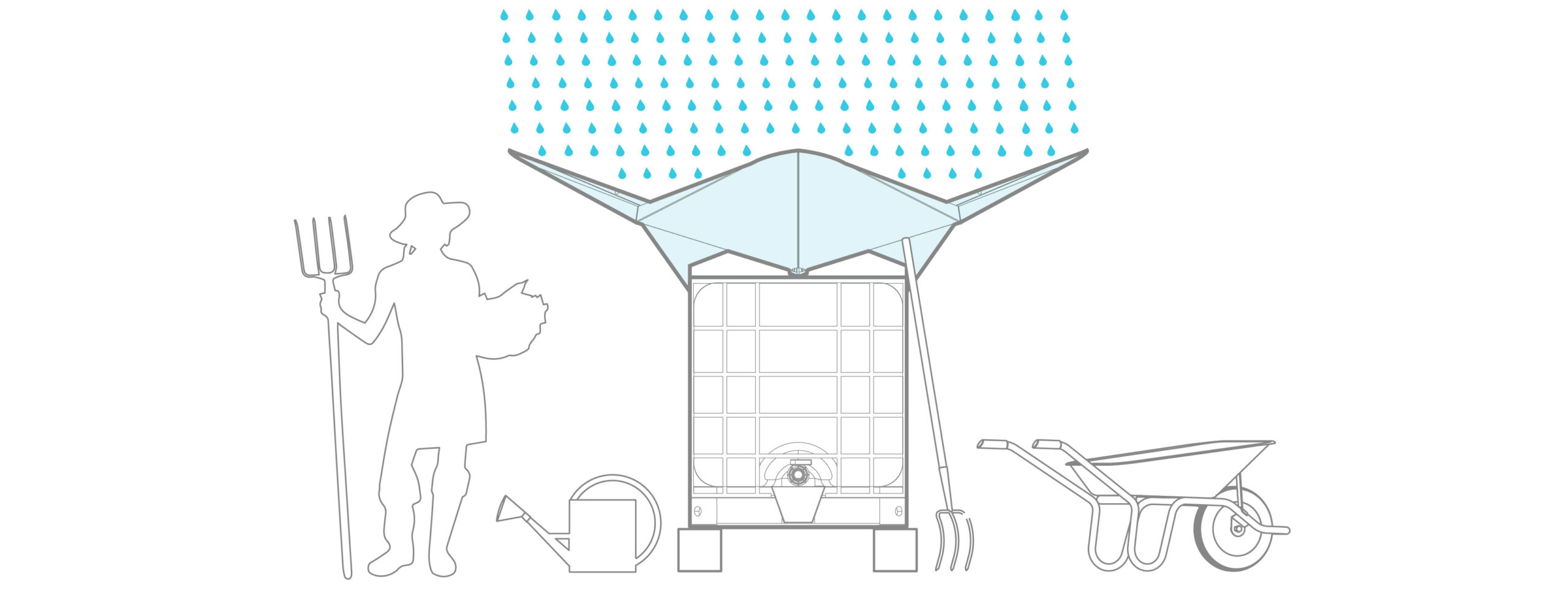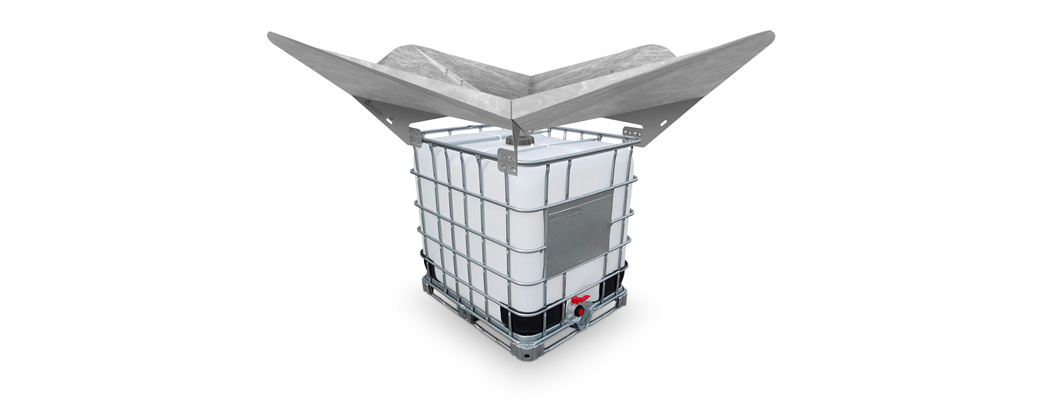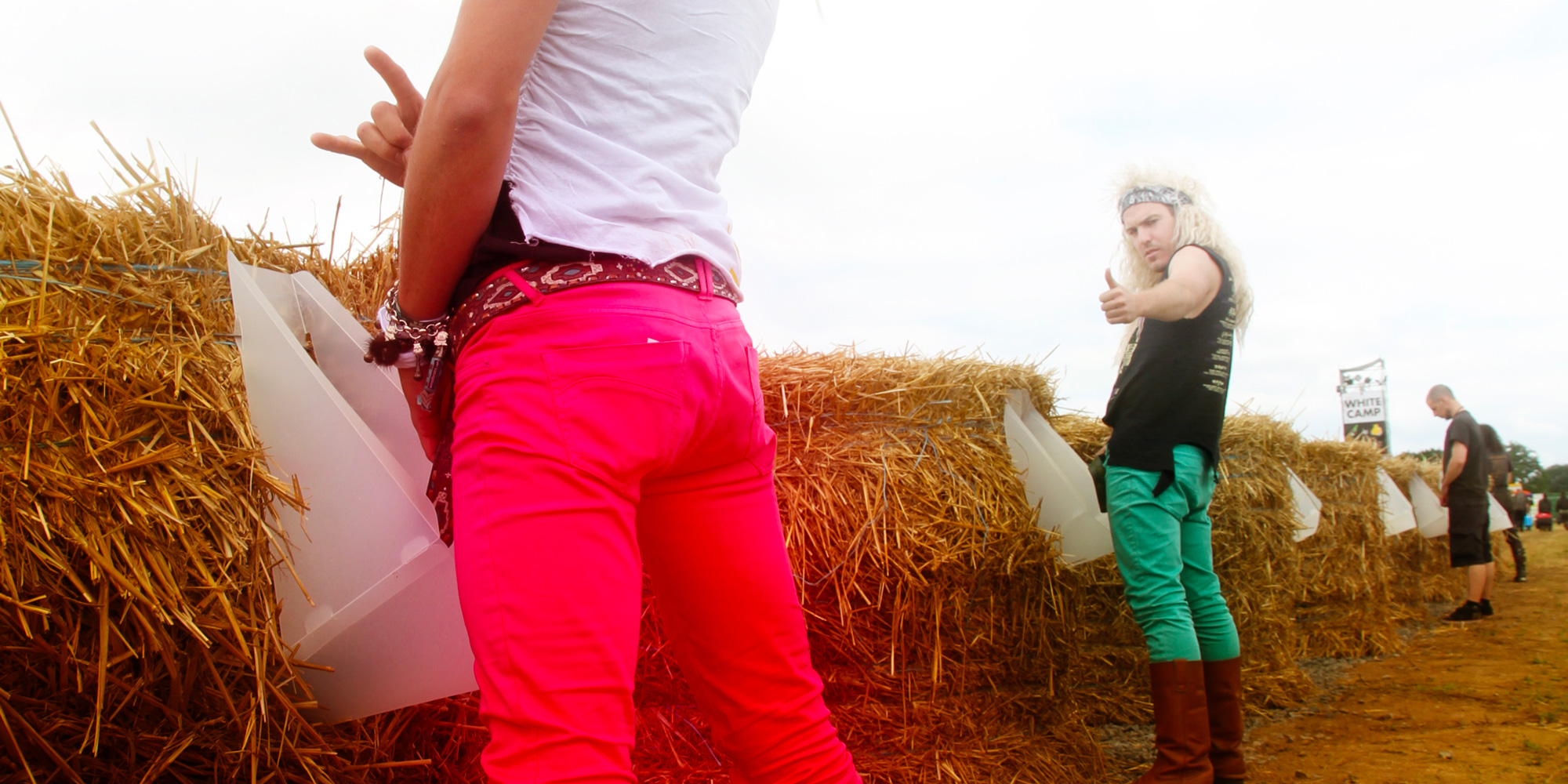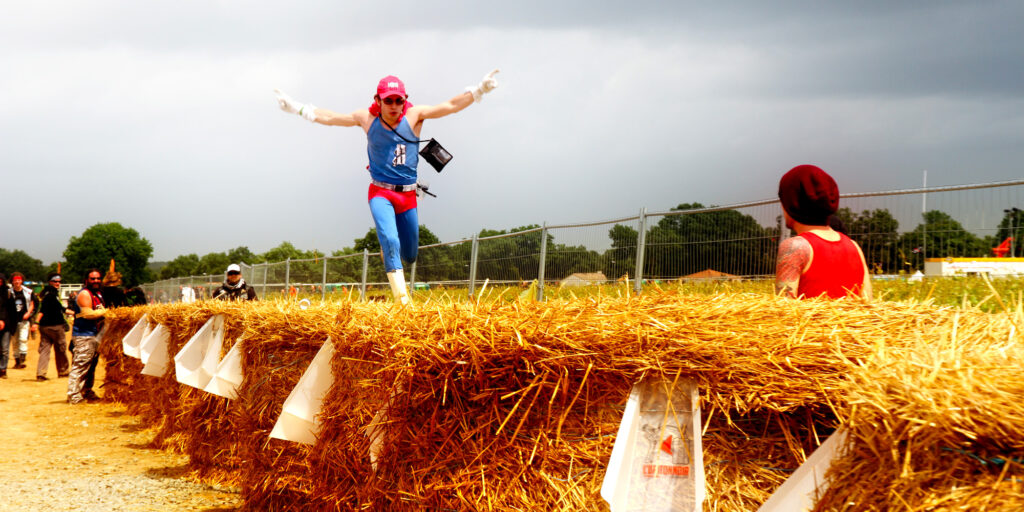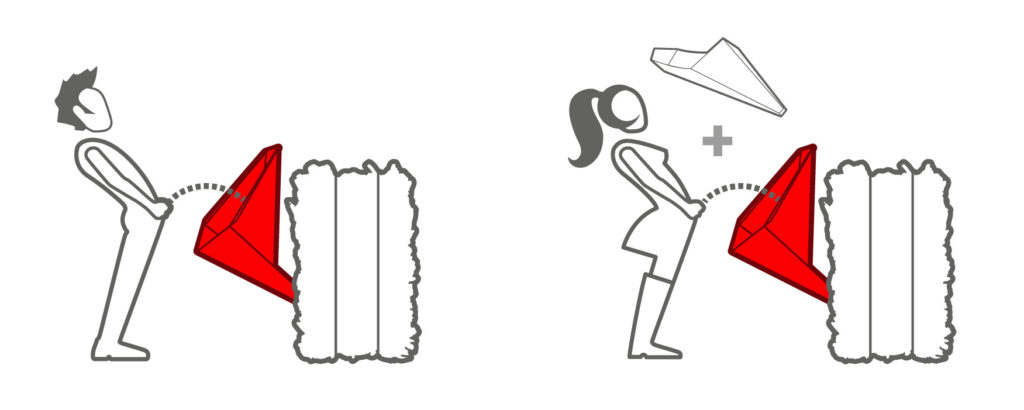
URINE is a captivating subject!
When the uritonnoir was launched, we had a great article in the GUARDIAN.
“L’Uritonnoir: the straw bale urinal that makes compost from ‘liquid gold'”.
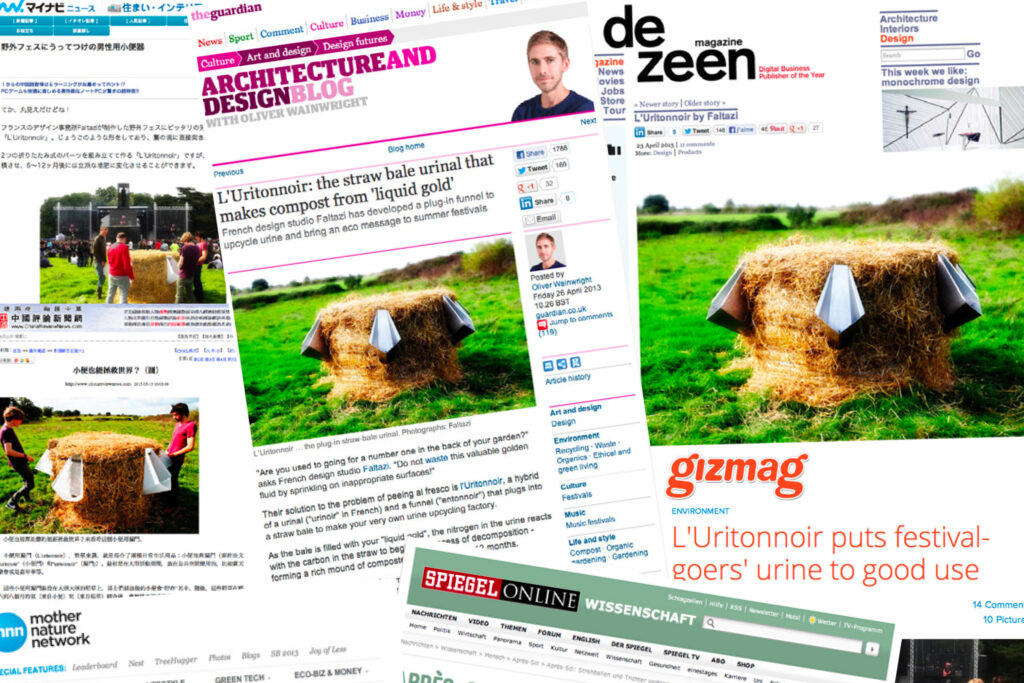
Let’s support it as best we can by carefully preparing two essential aids to understanding it:
💪 an assembly guide | just a reminder: the object is shipped flat-packed and requires two parts to be assembled once delivered. Tutorial available online!
💪 an instruction manual to help you understand the message conveyed by this new, somewhat exotic tool: combining straw+urine (carbon+nitrogen) to generate manure (human dung). It should be pointed out that it is made from UV- and FROST-resistant material and can therefore be kept outdoors. It is also washable and can be stacked for easy storage.
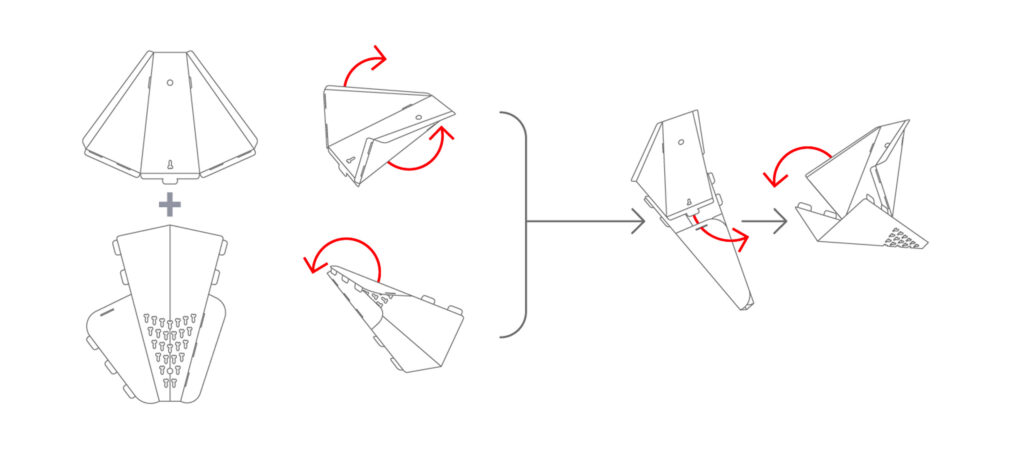
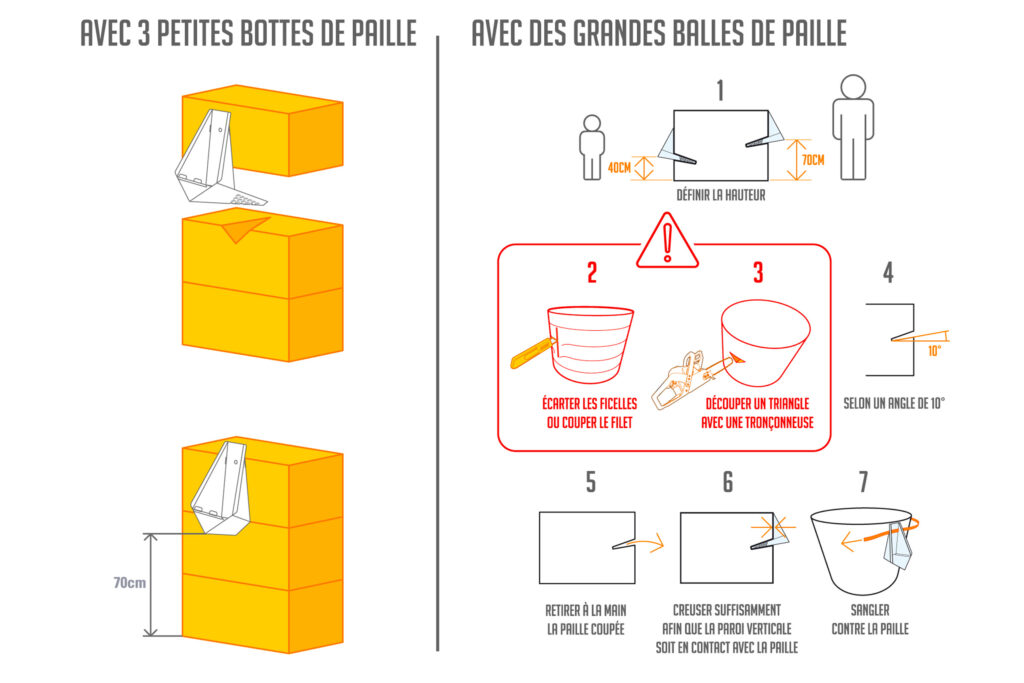
Now it’s time to take a closer look at the countries it’s being used in and the contexts in which it’s being used.
First observation | The uritonnoir is very popular in Europe, especially in Northern Europe.
Hypothesis: beer country… mystery…
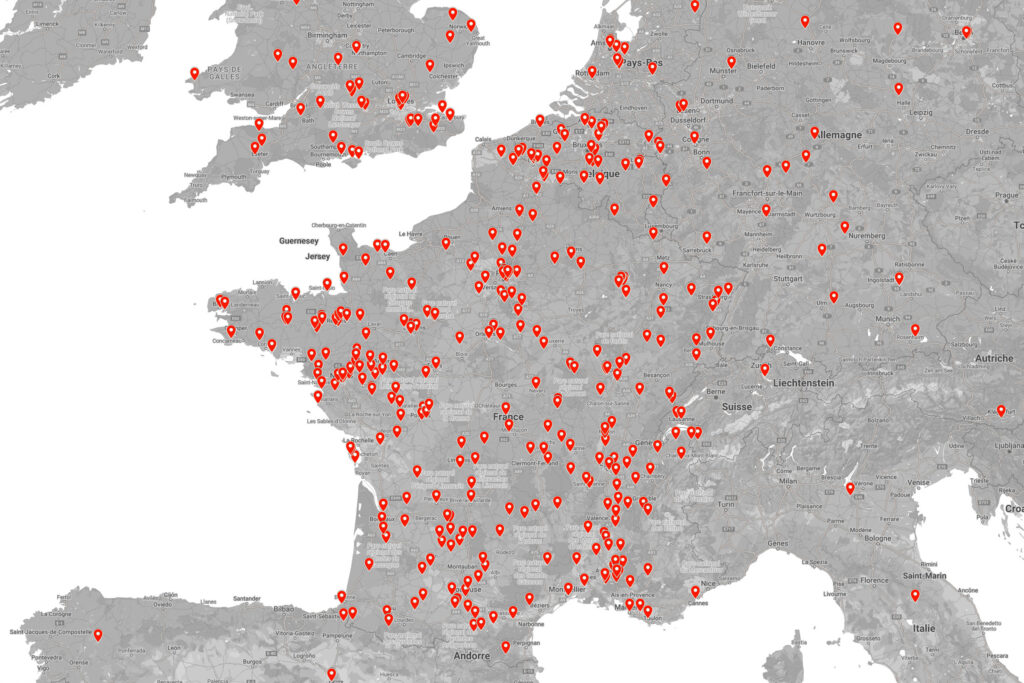
Second observation | The photos received illustrate the diversity of installation methods in terms of :
👉 modesty, by cleverly arranging straw bales together
👉 audience diversity, by managing the height for children, adding privacy screens for women who want to use it with a pisser-debout
👉 accessorising, litter bins, beer racks, etc.
👉 diversion of use, by using it directly planted in windrows of COMPOST 🪱 to activate its transformation for free
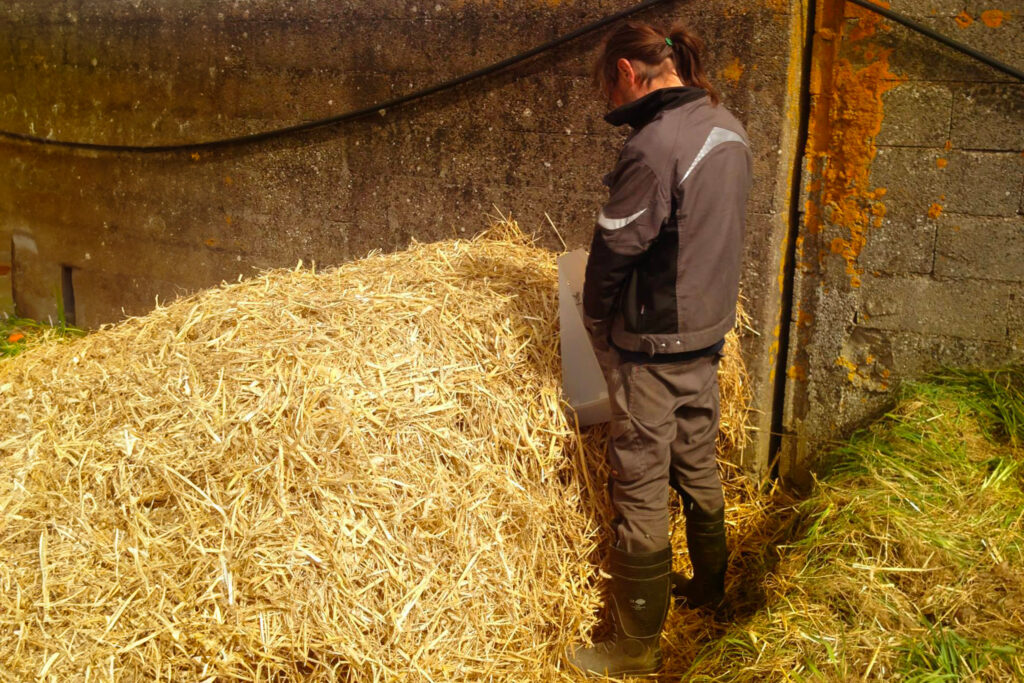
Third observation | The dry material used to plant the uritonnoir also varies according to local availability:
👉 some prefer our recommendation, STRAW, a waste product from cereal crops and perfectly suited to this use. 20€ per 300 kg straw bale.
👉 others install them in hay when they have plenty of it. Less relevant, since hay is primarily a livestock feed and its price can be five times that of straw. On the plus side, hay is much more absorbent than straw!
👉 And at the other end of the planet, in New Zealand, the mystery remains. We’ve never been able to identify the plant fibre used in the bales.
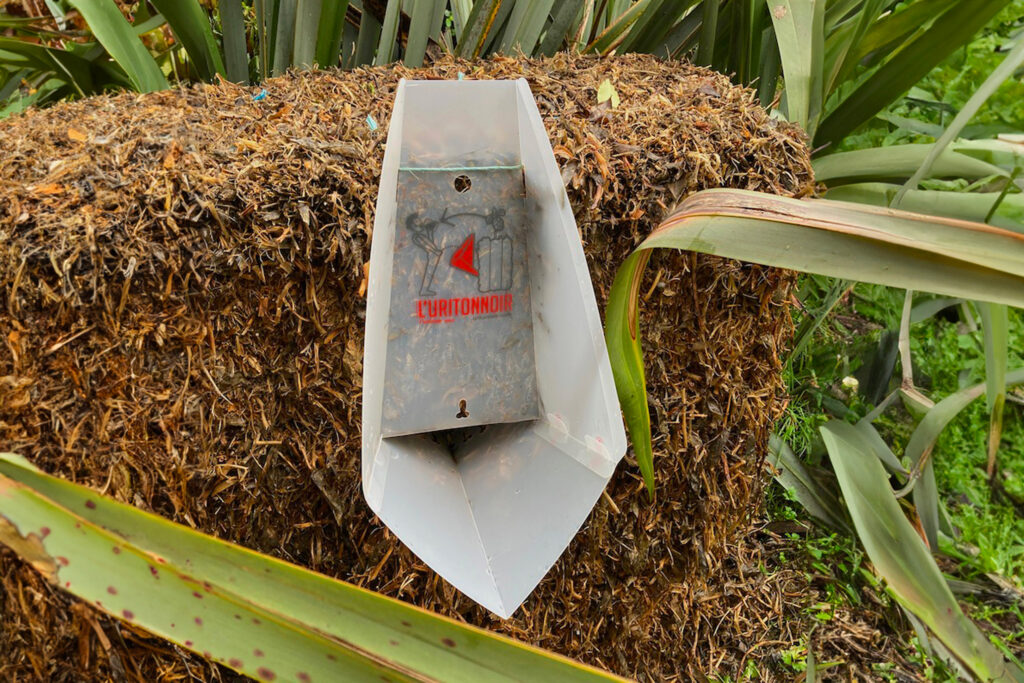
After more than ten years in existence, the URITONNOIR remains the :
👉 the lightest (only 400 grams)
👉 and the cheapest on the market! 💥

